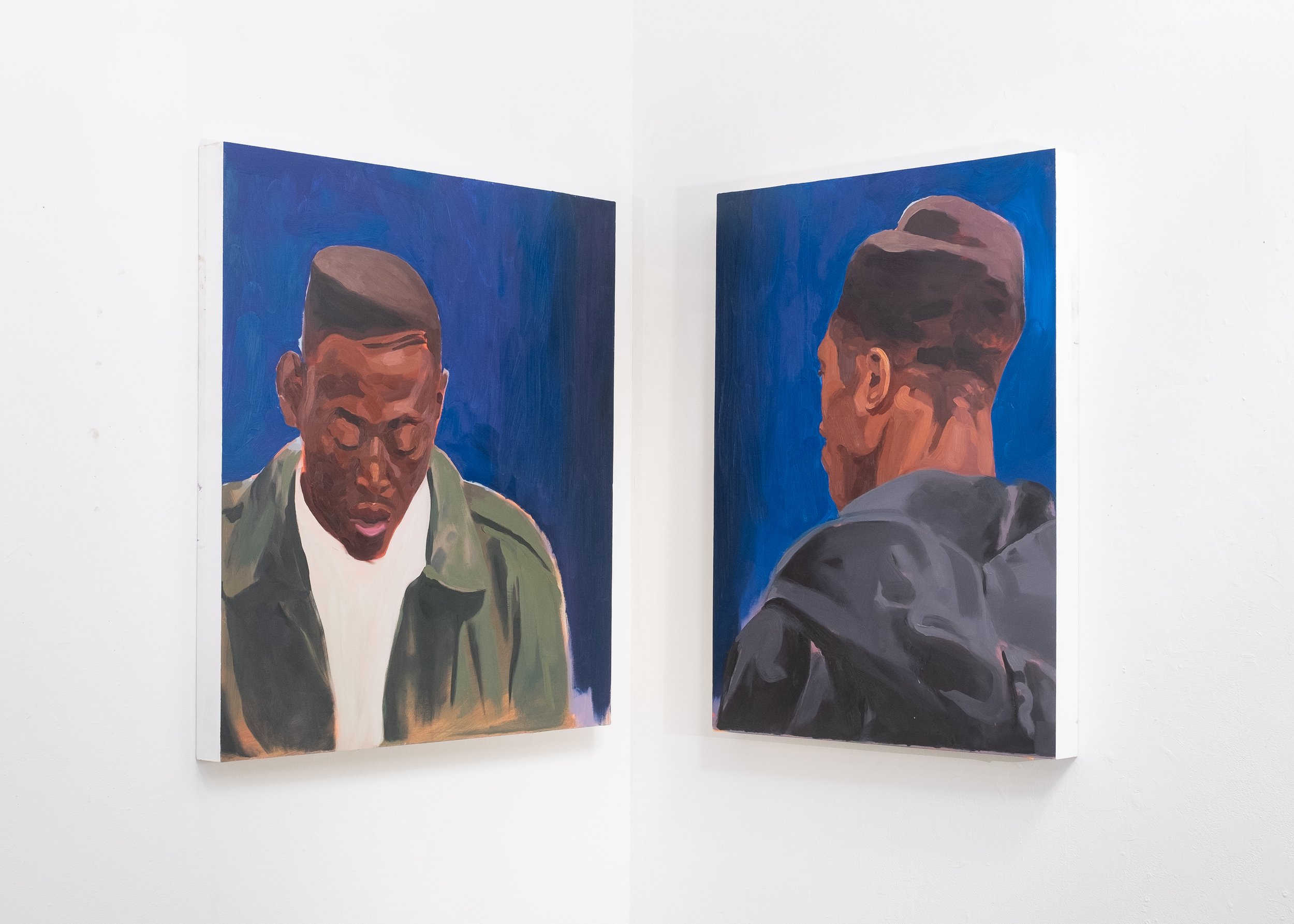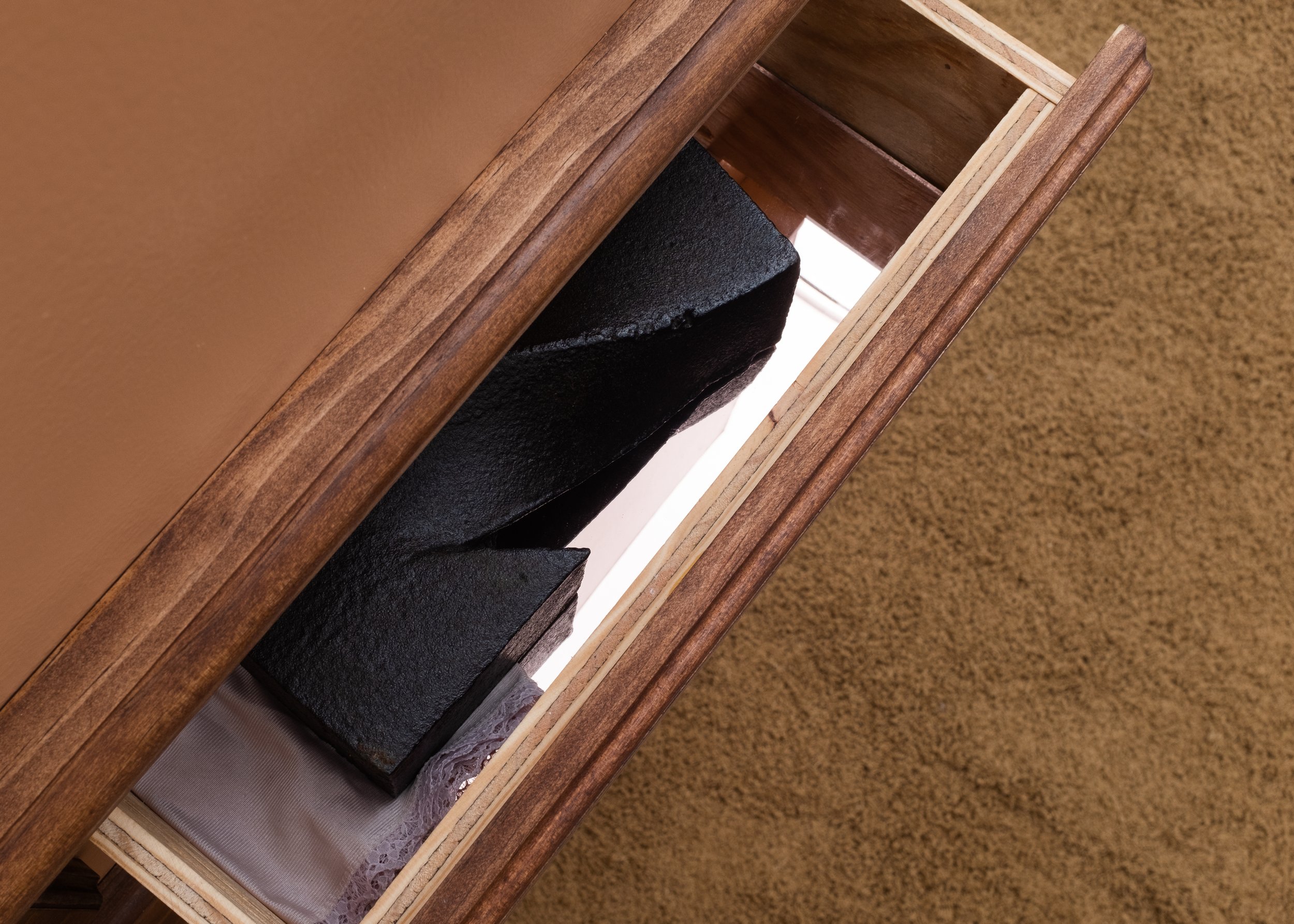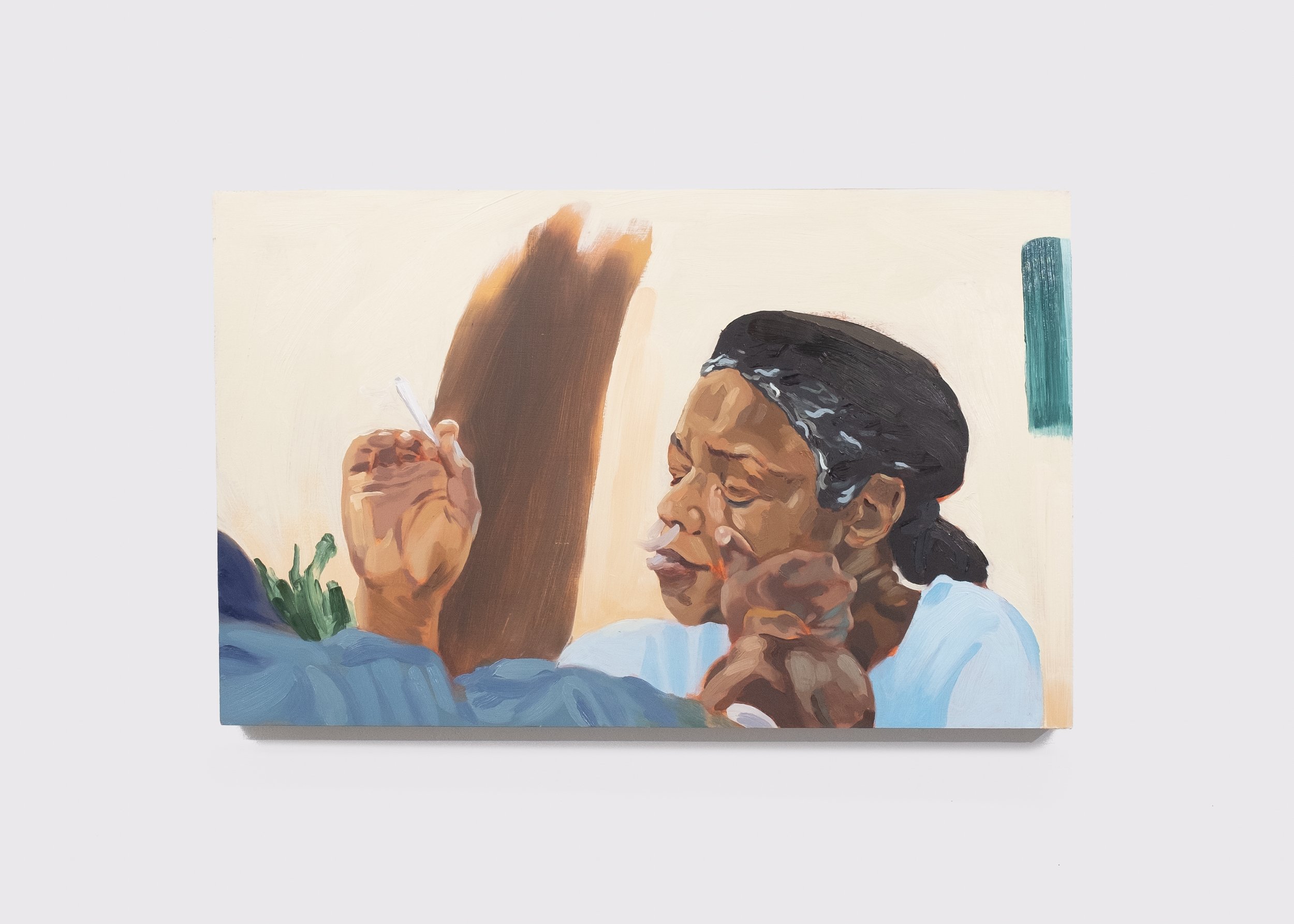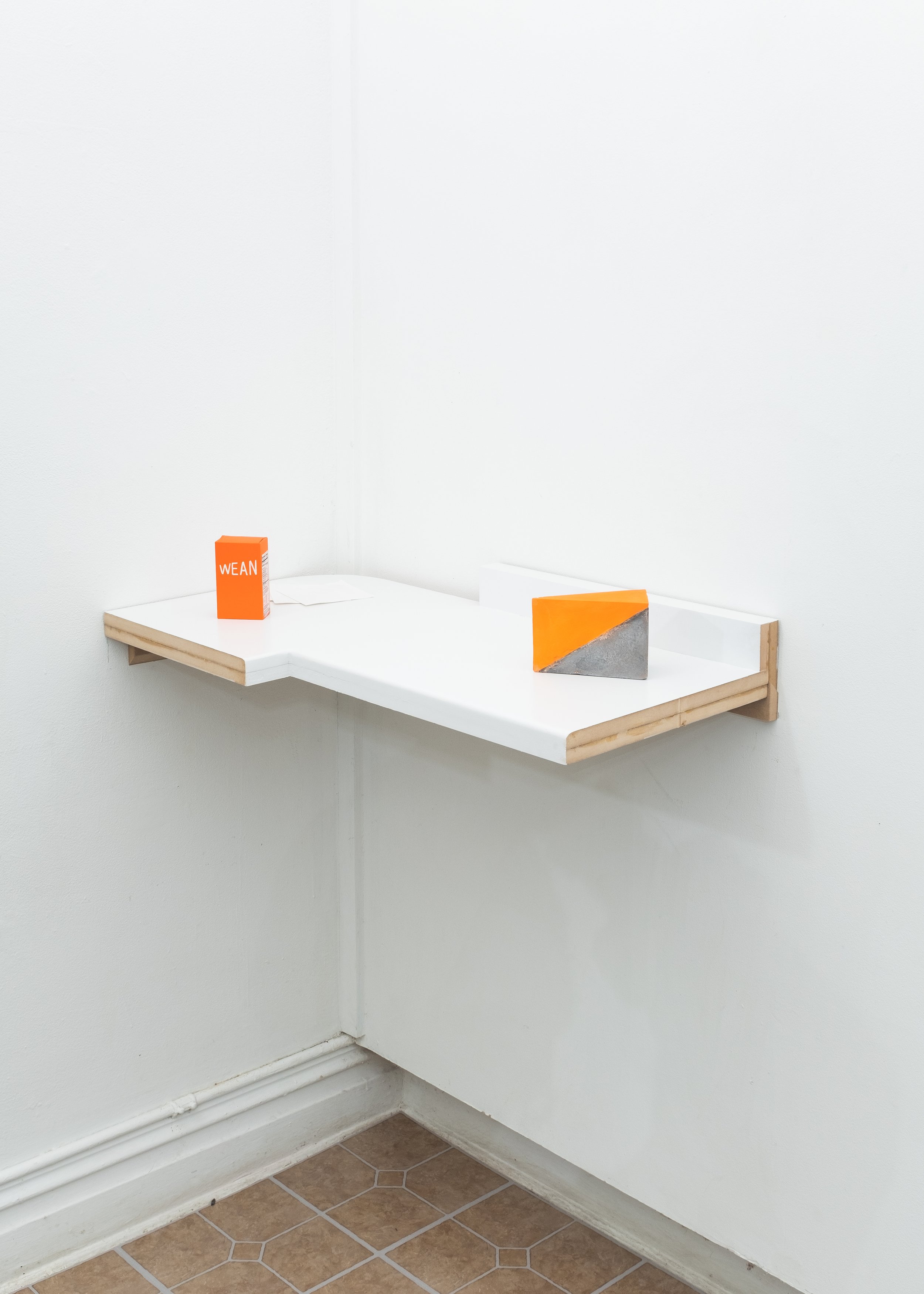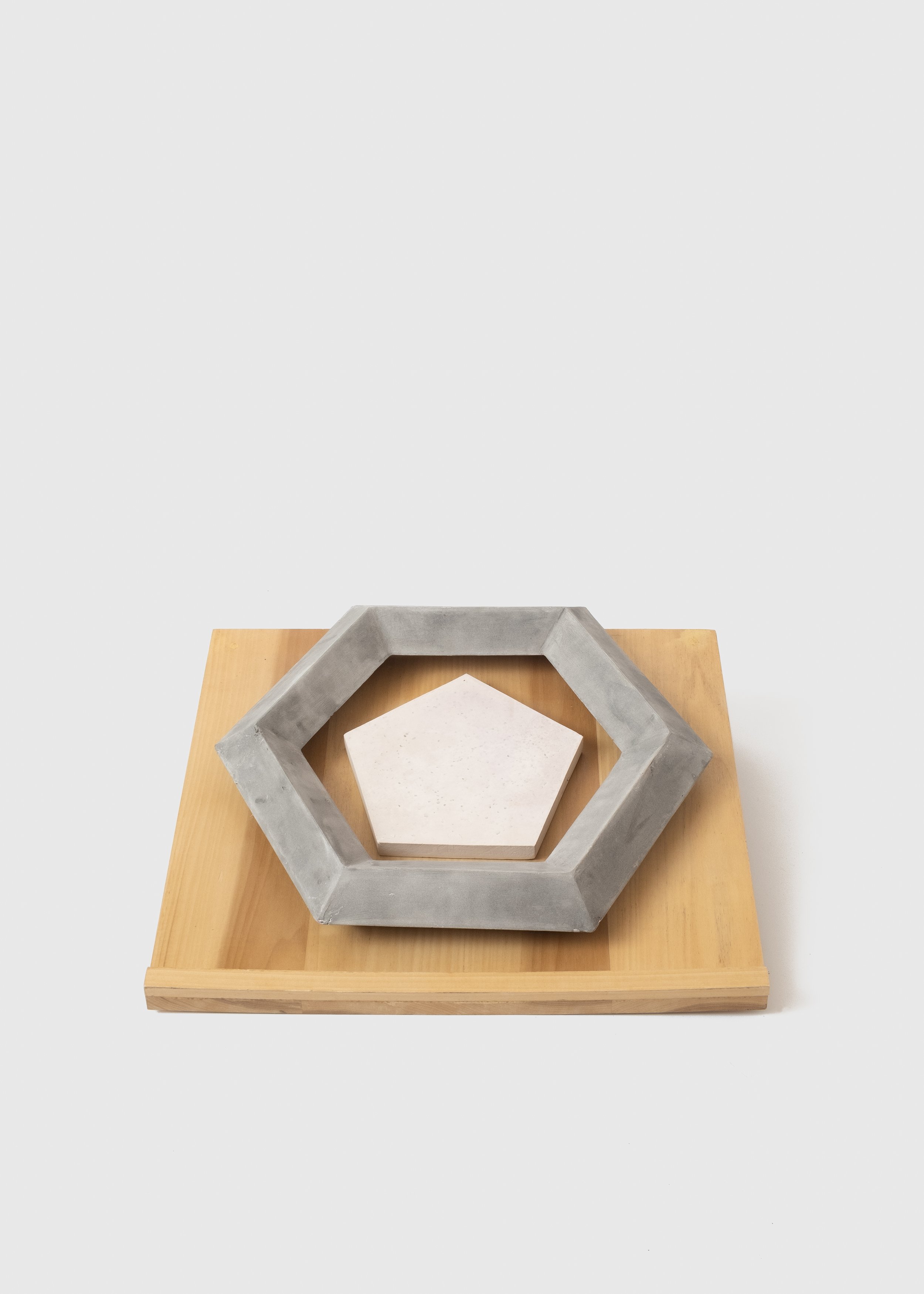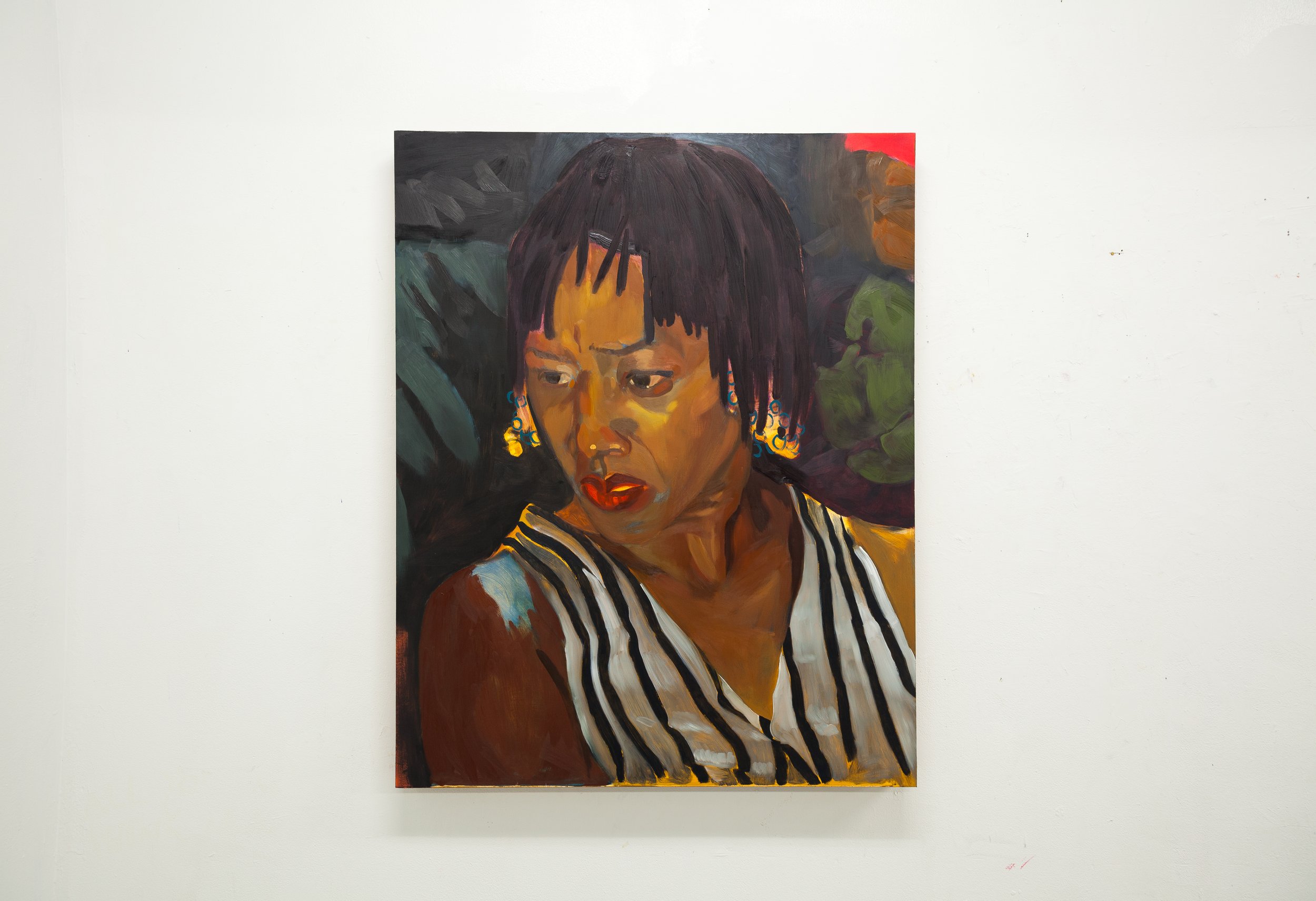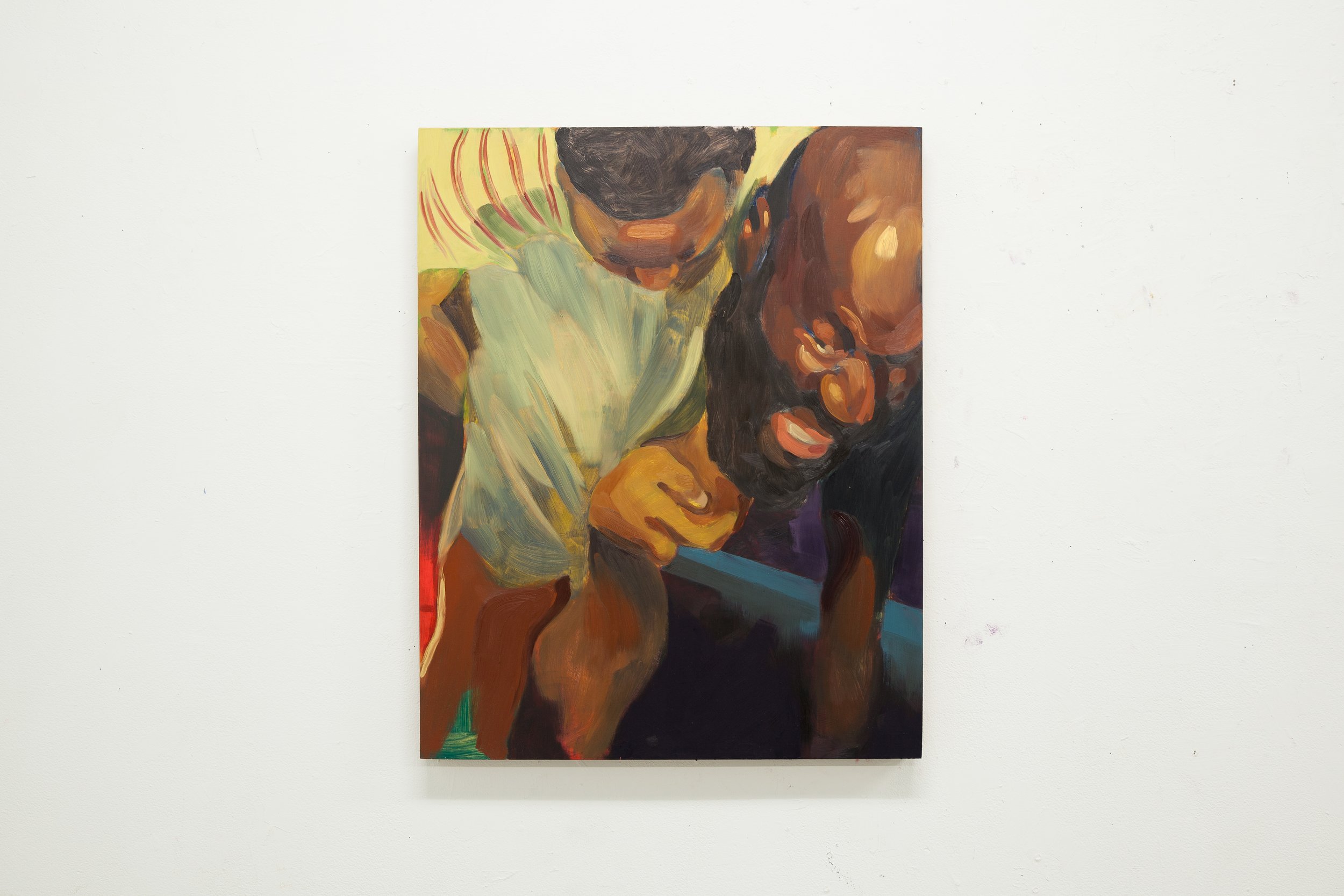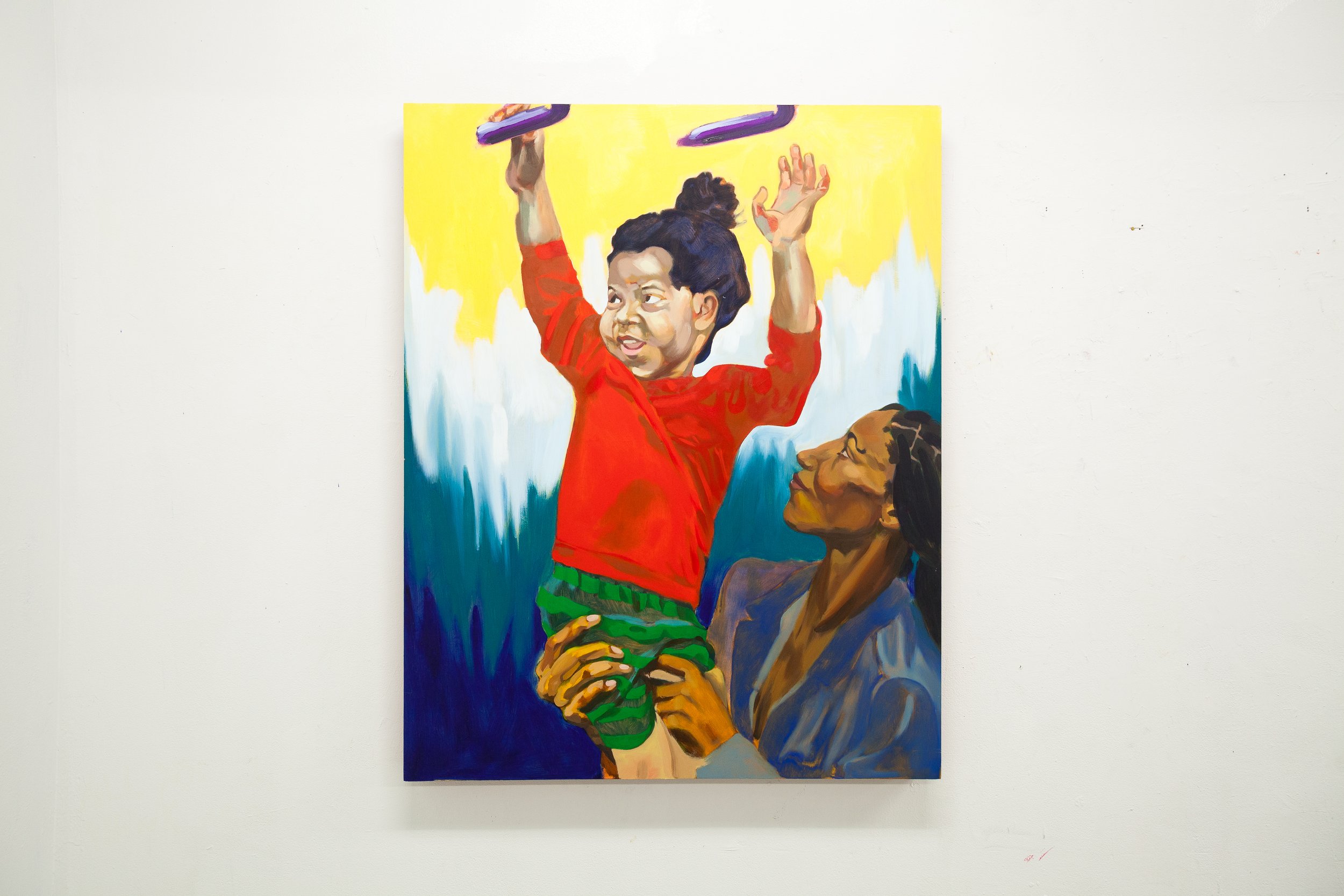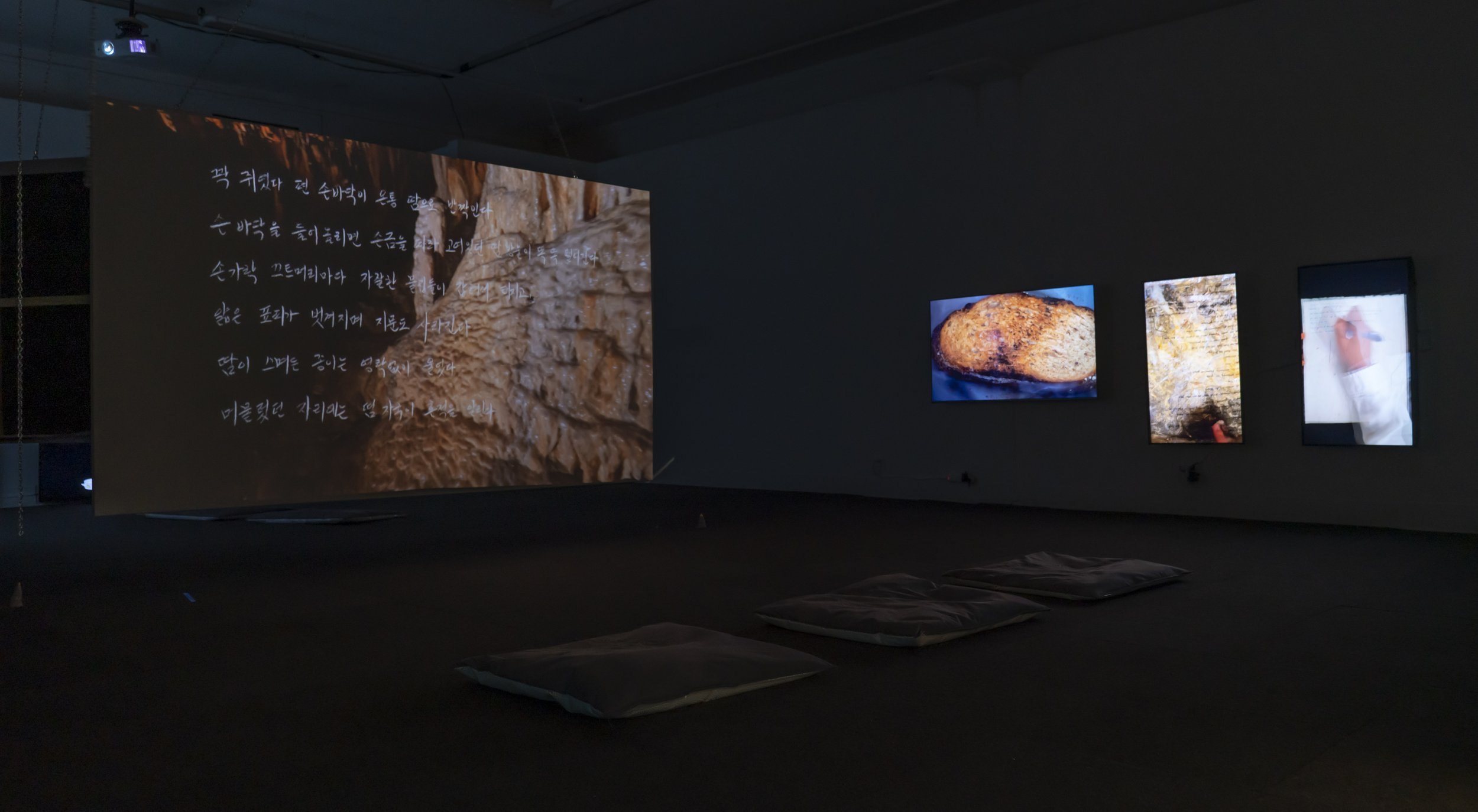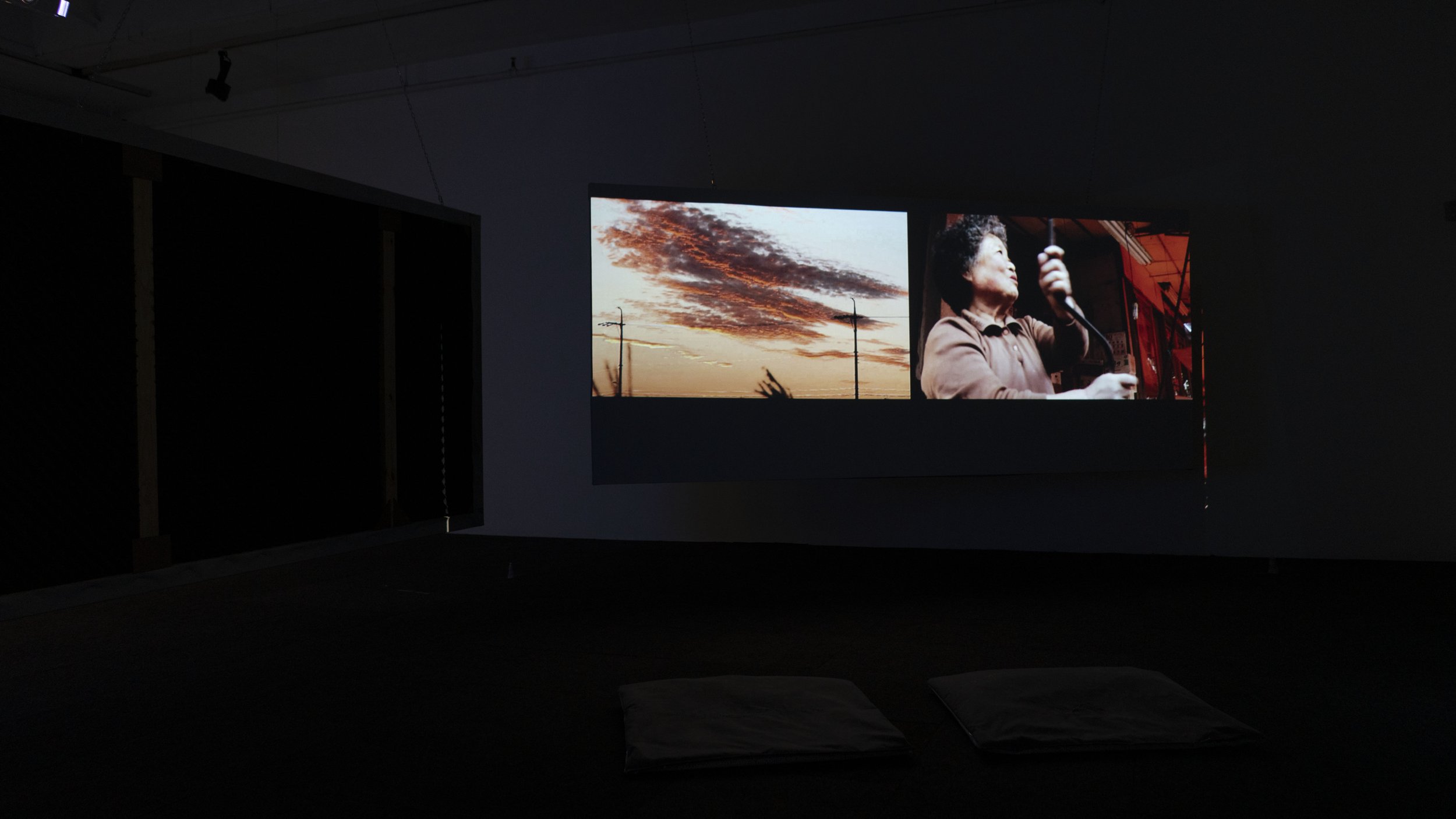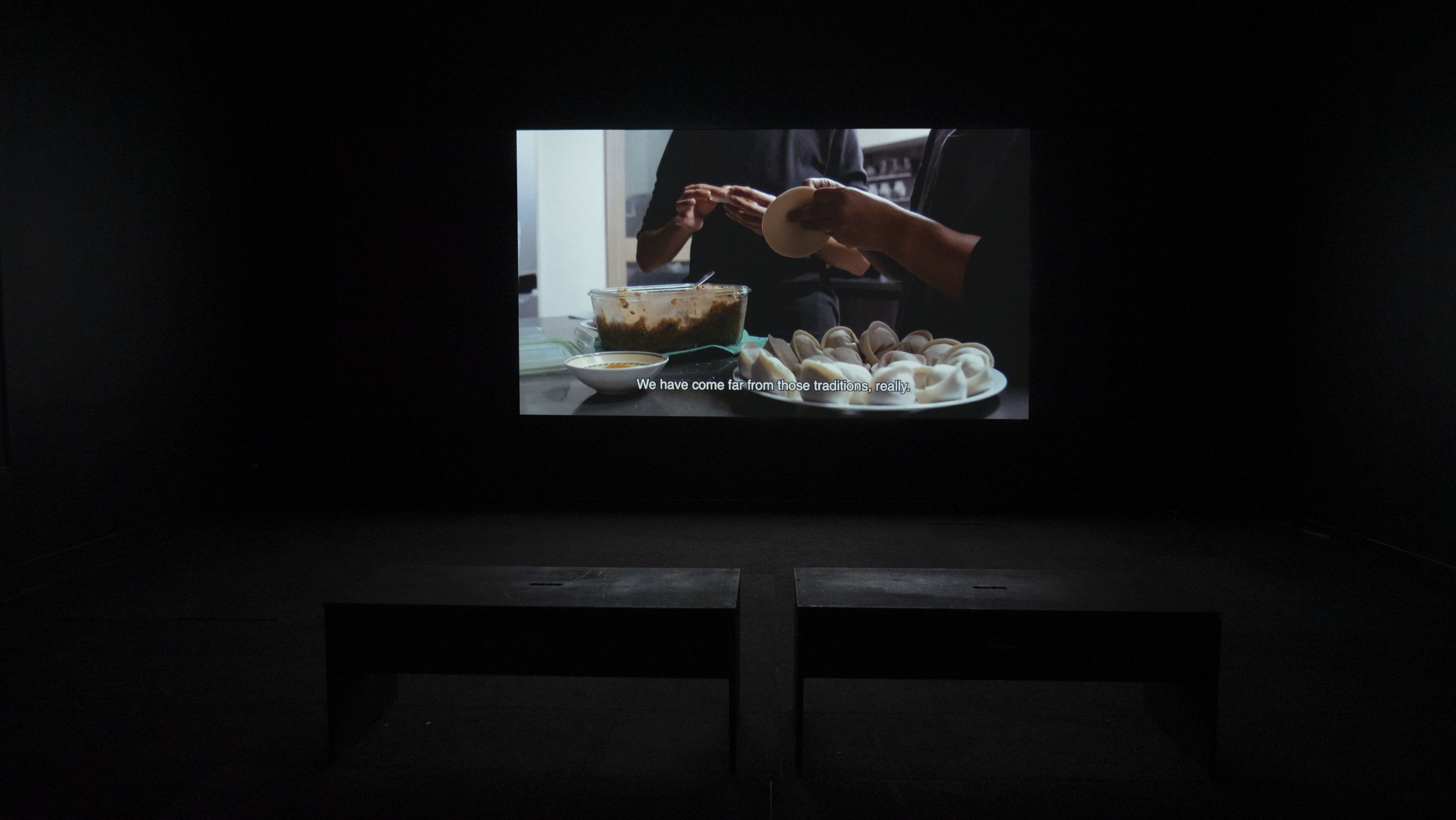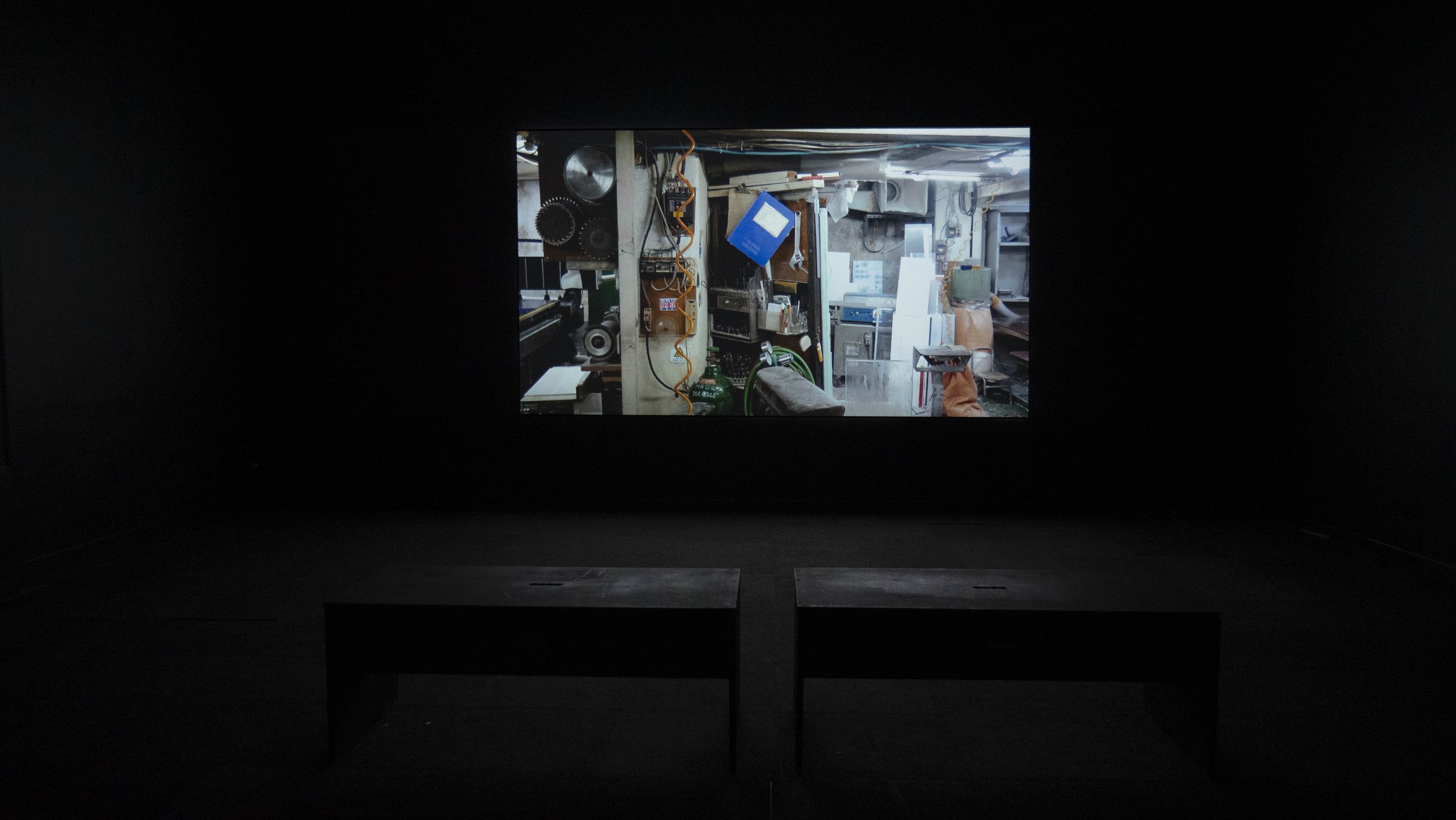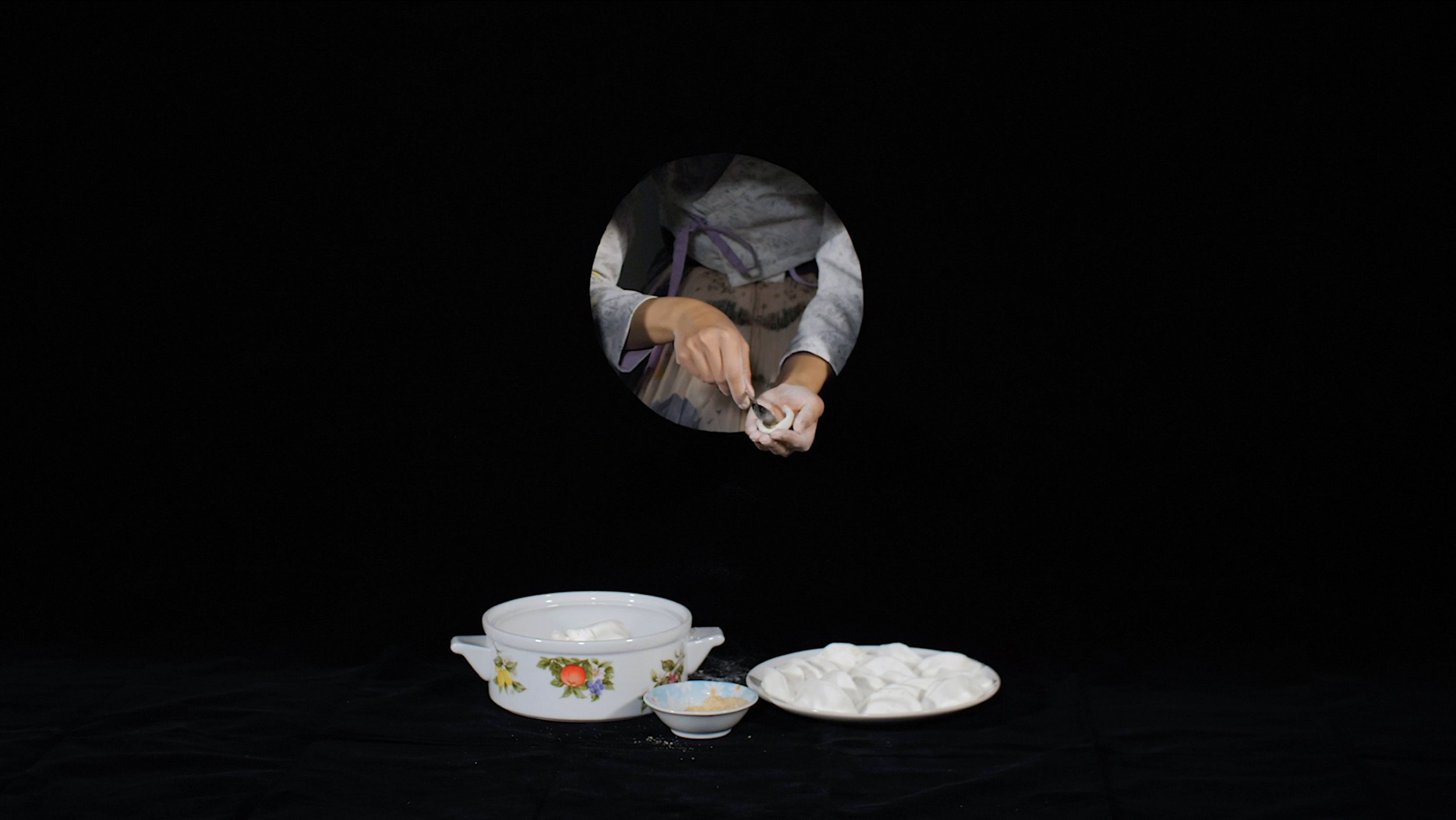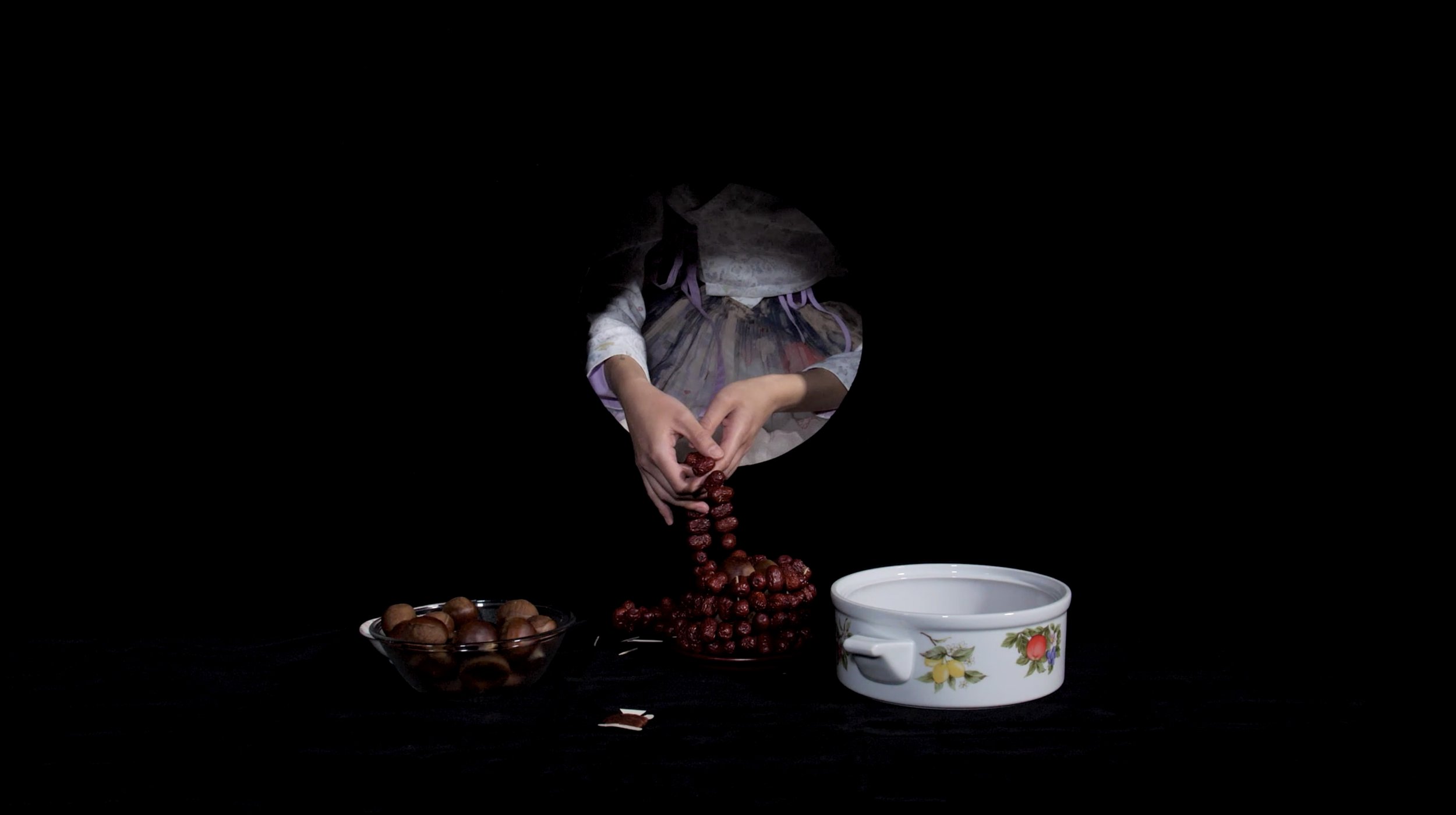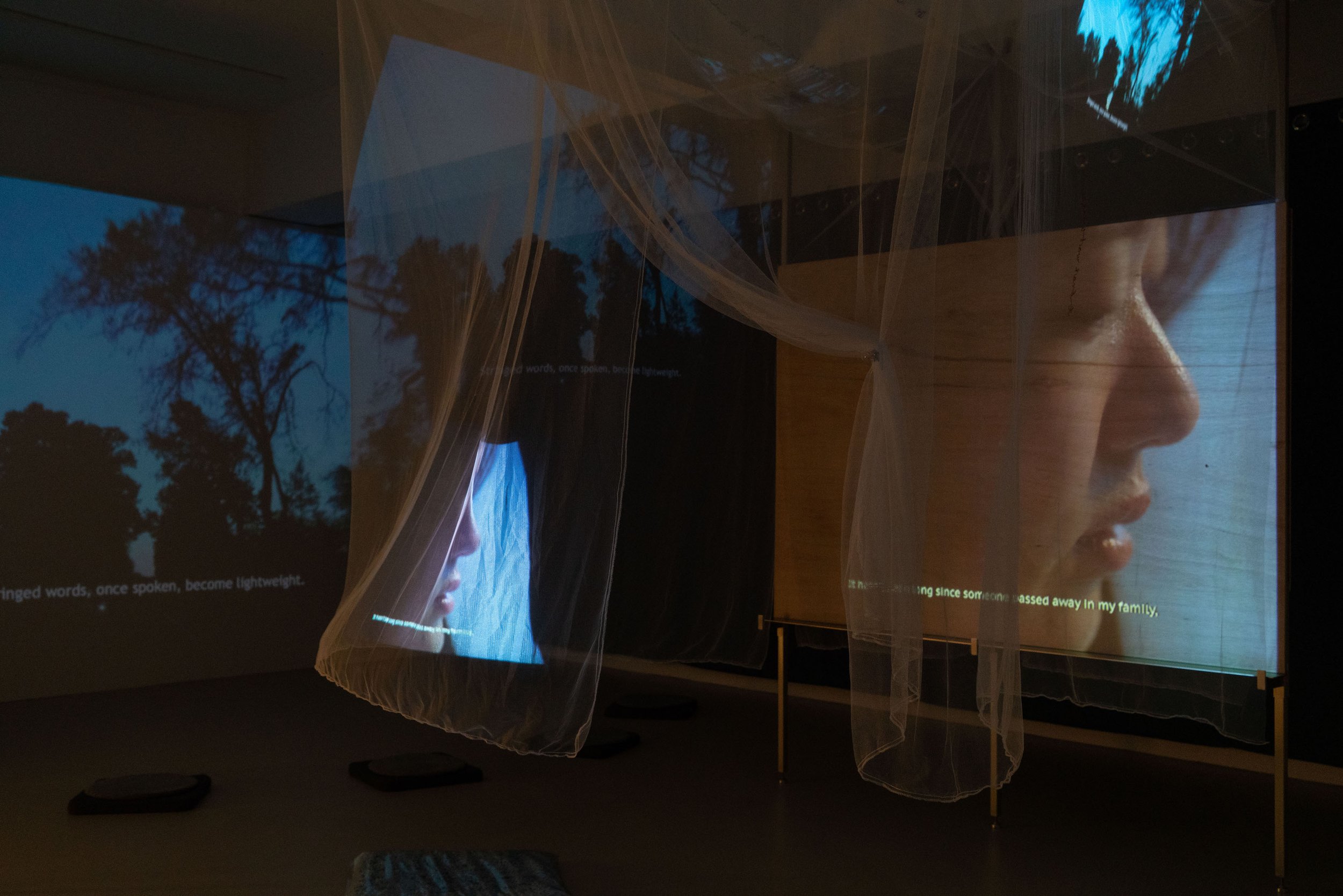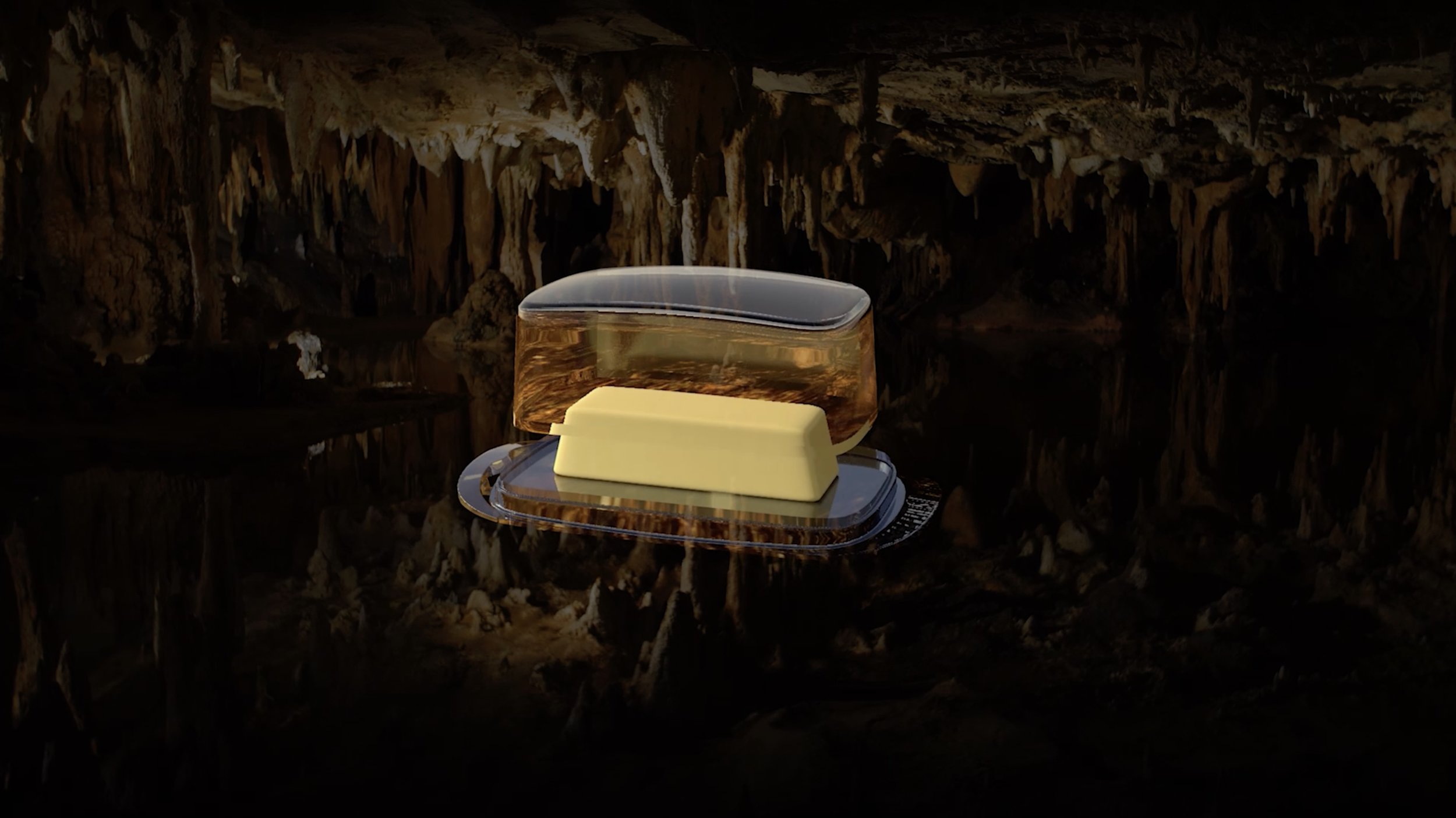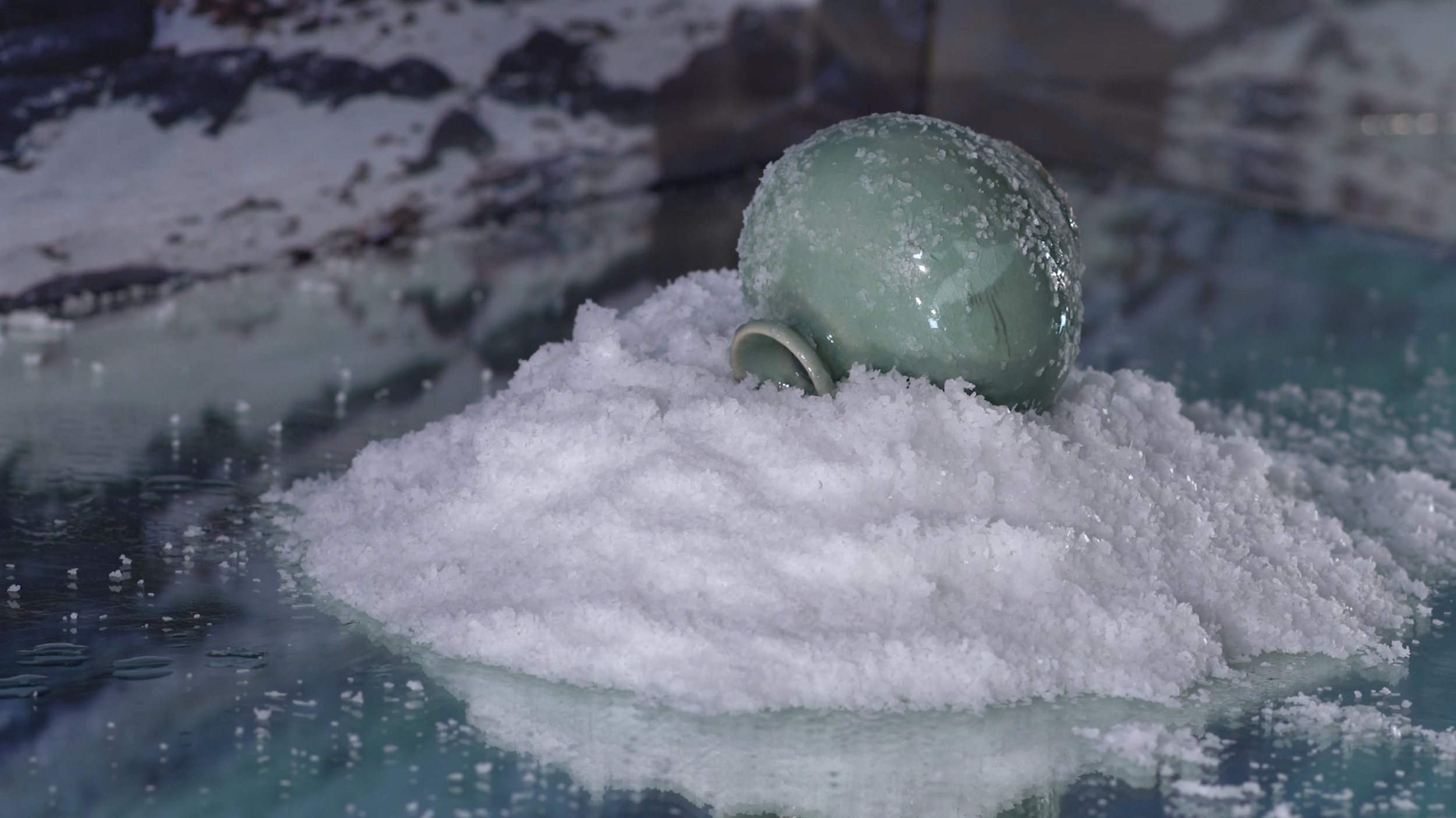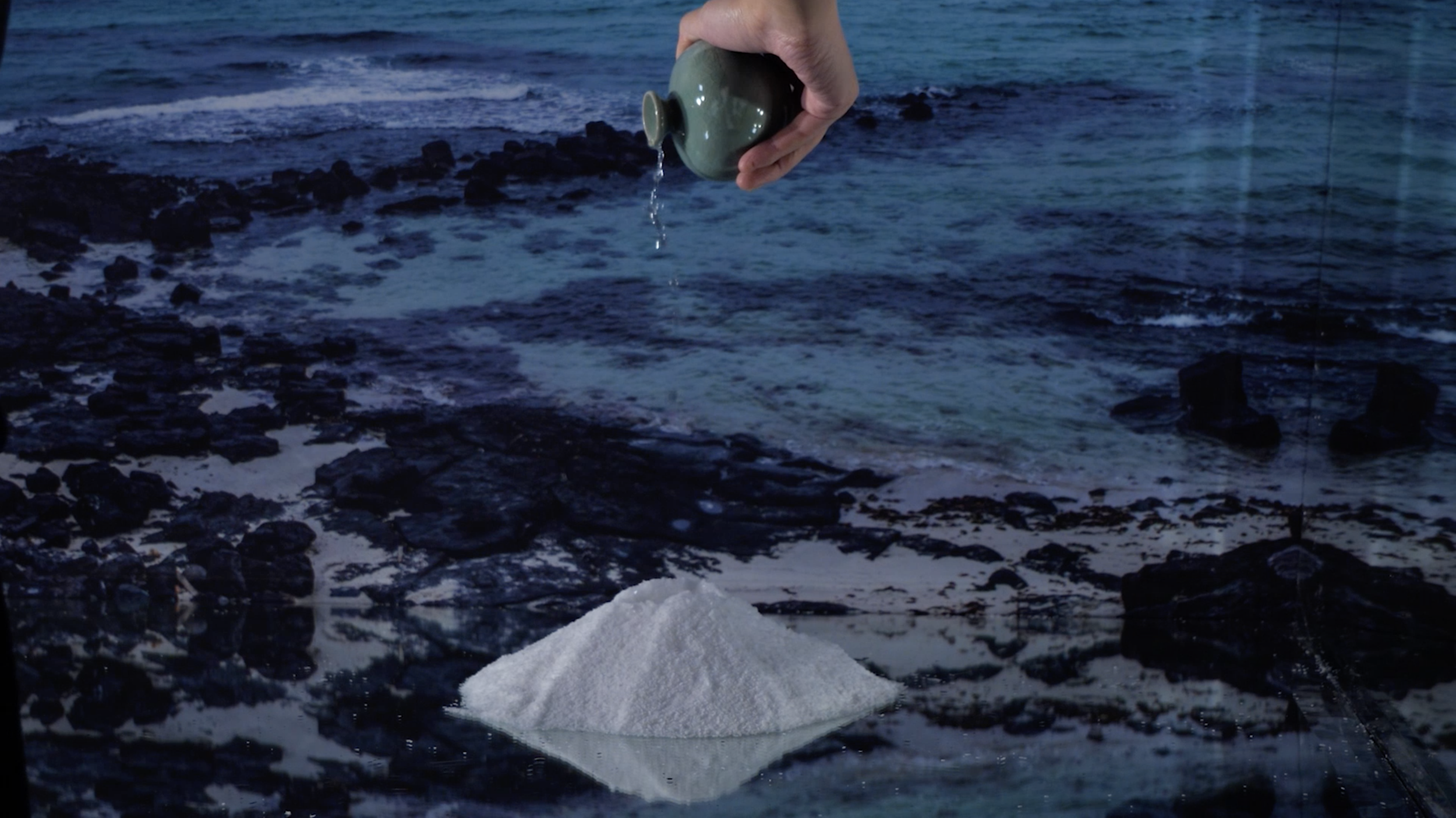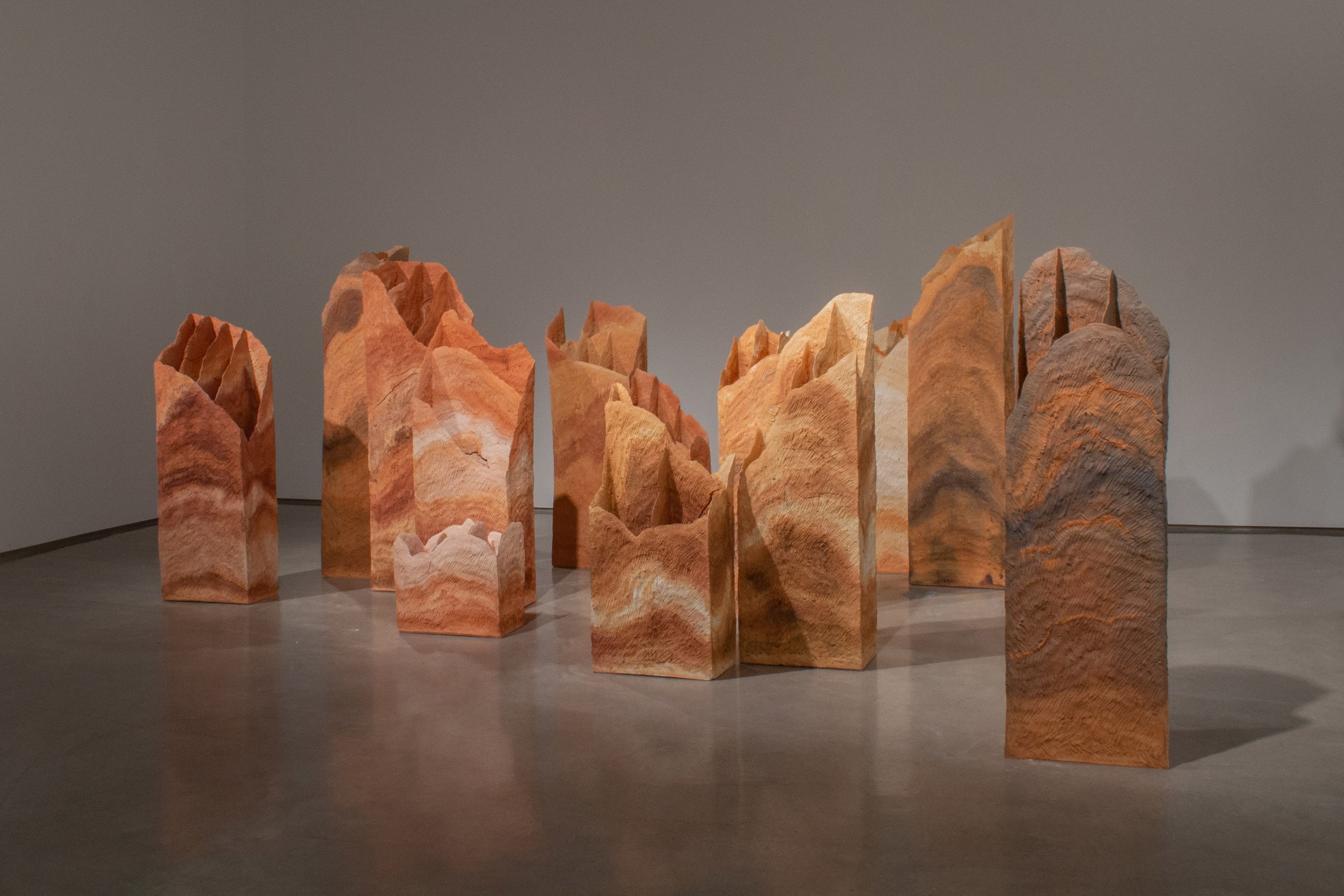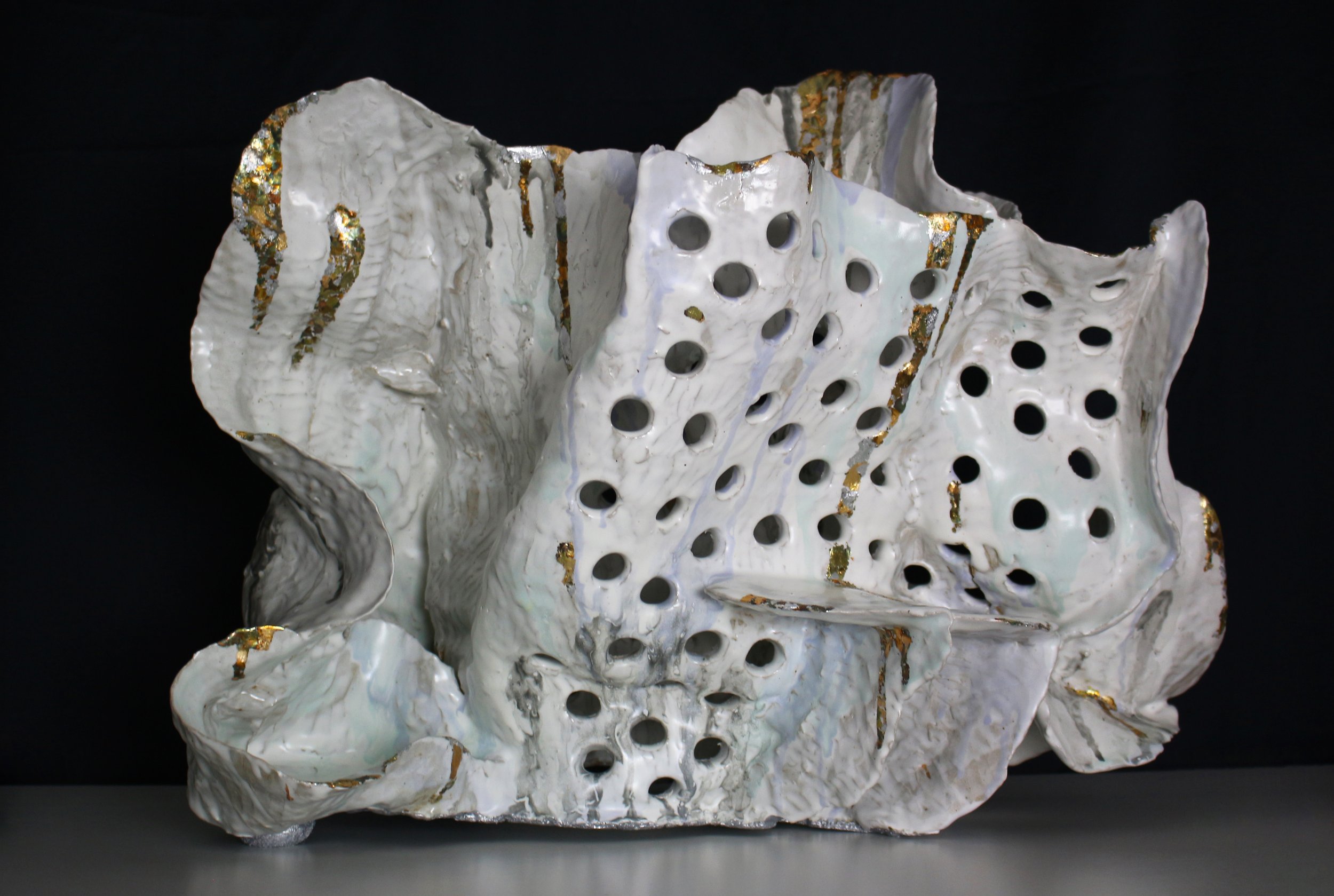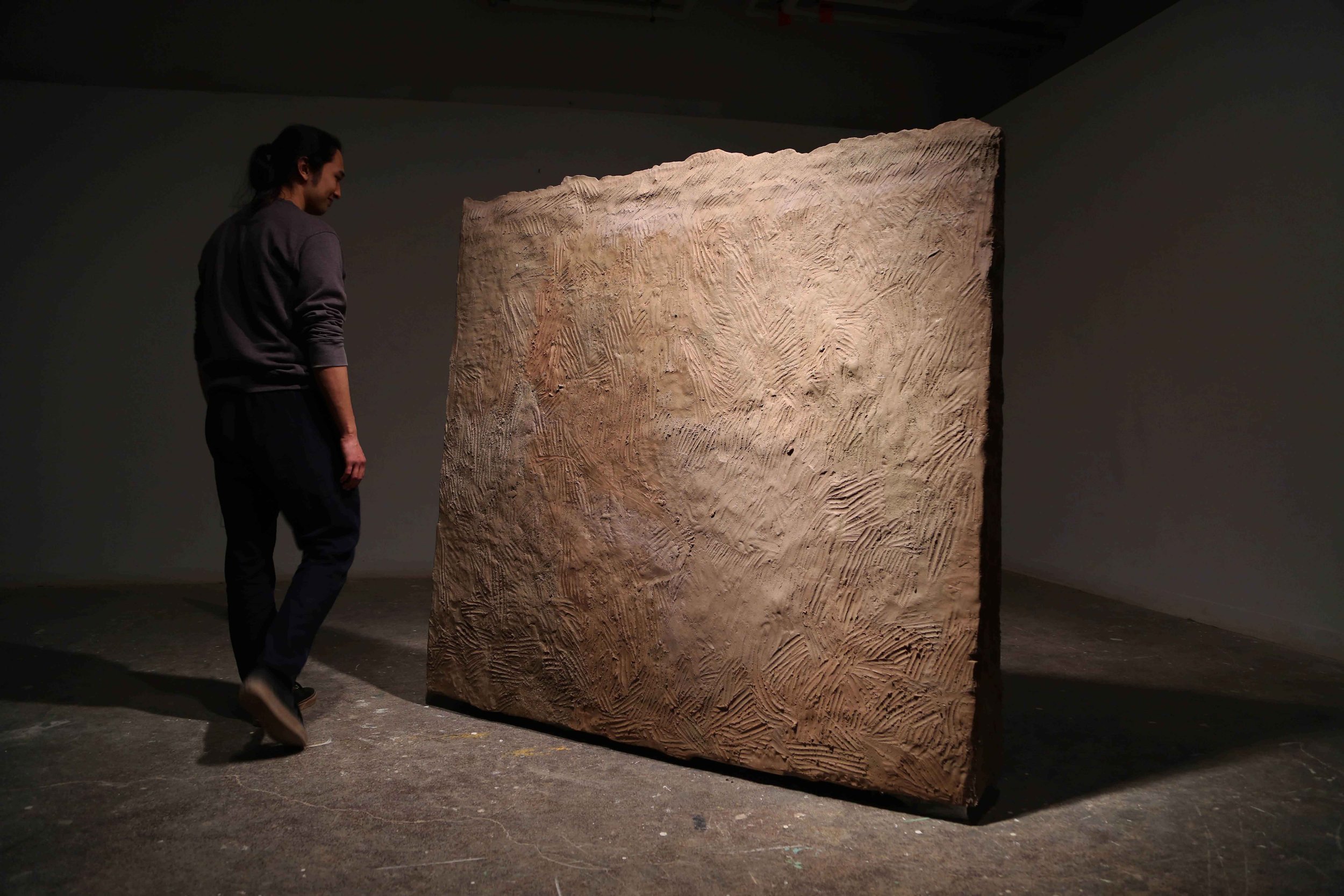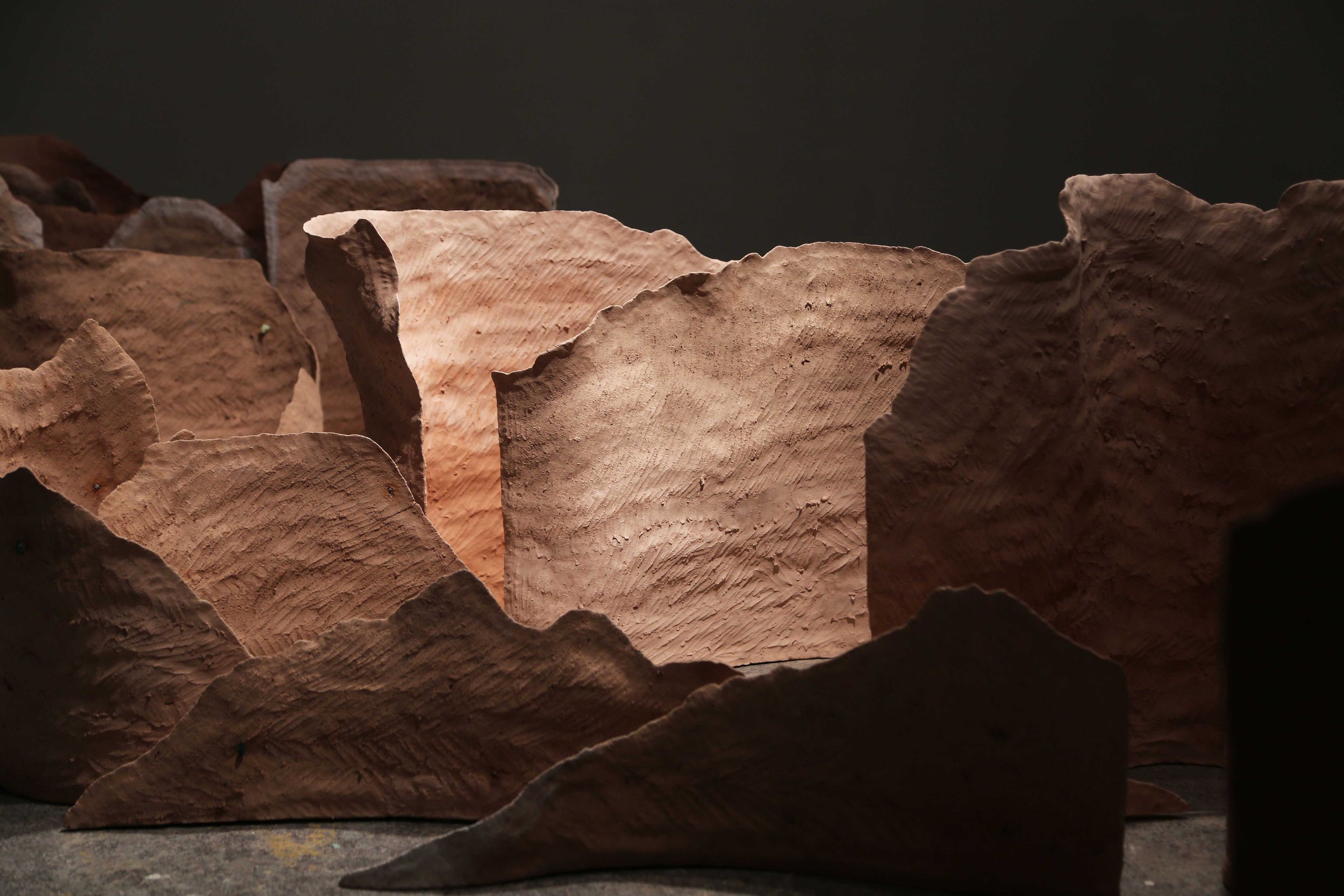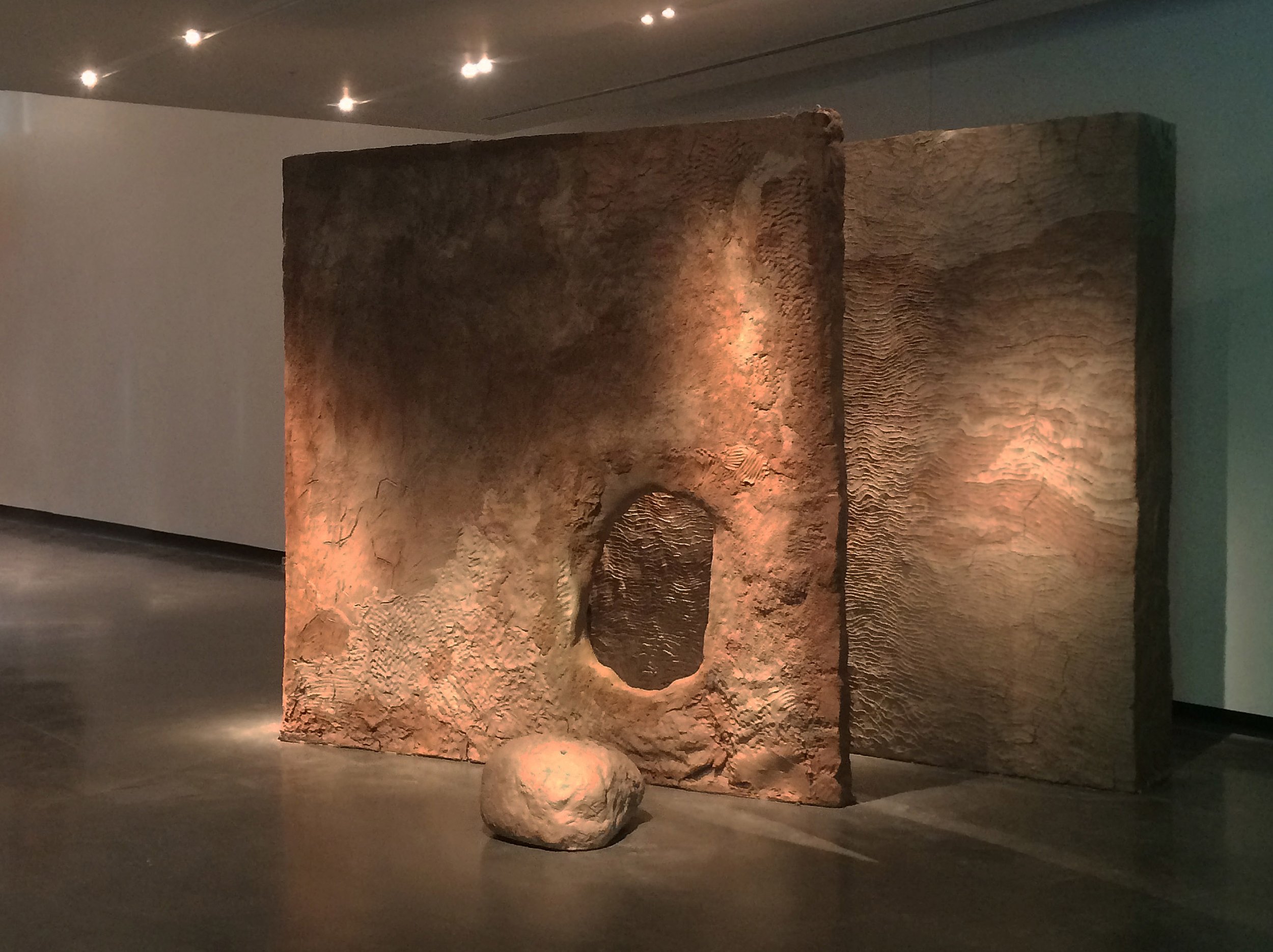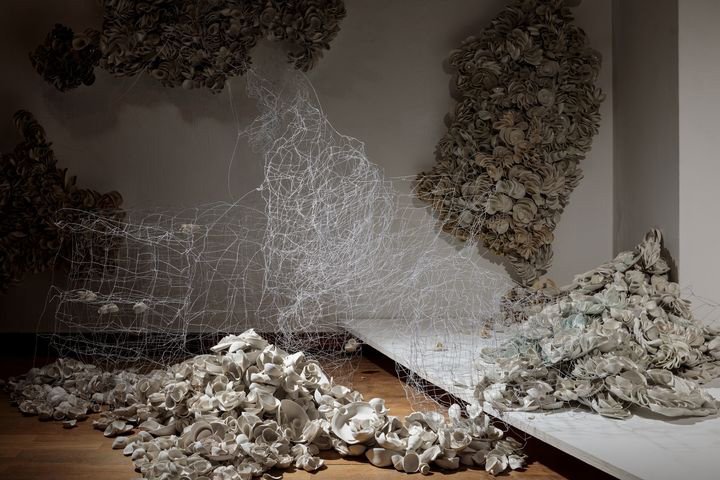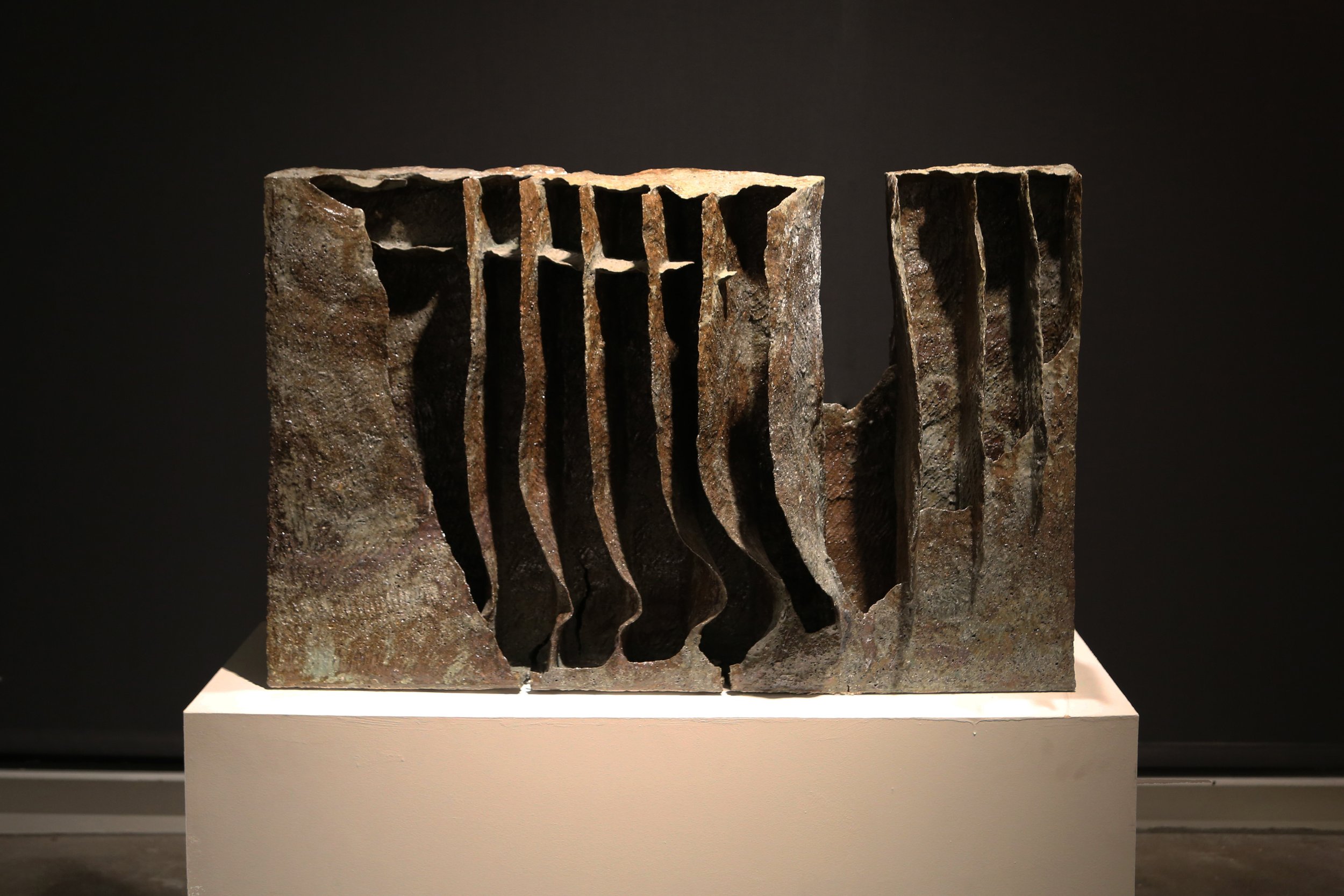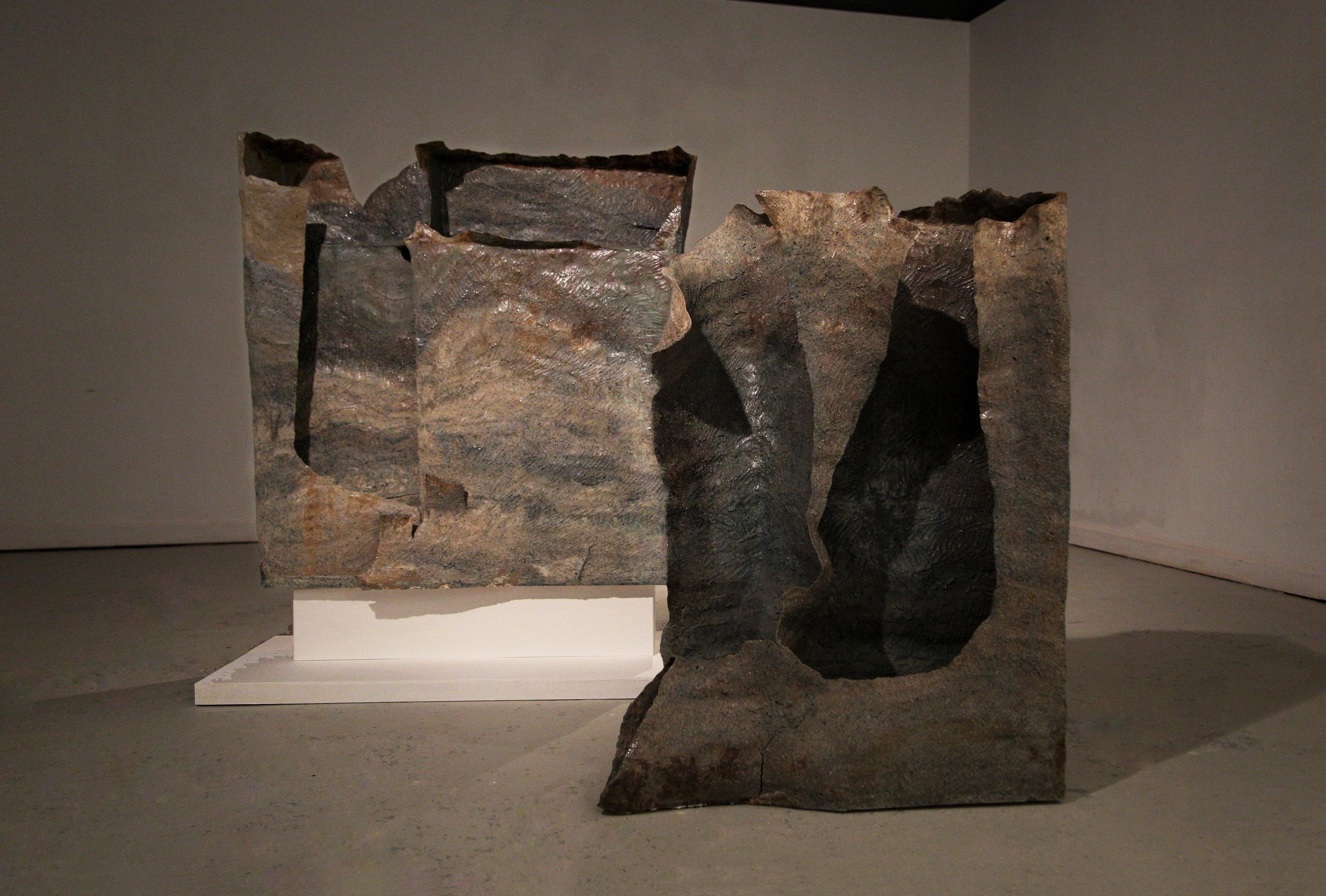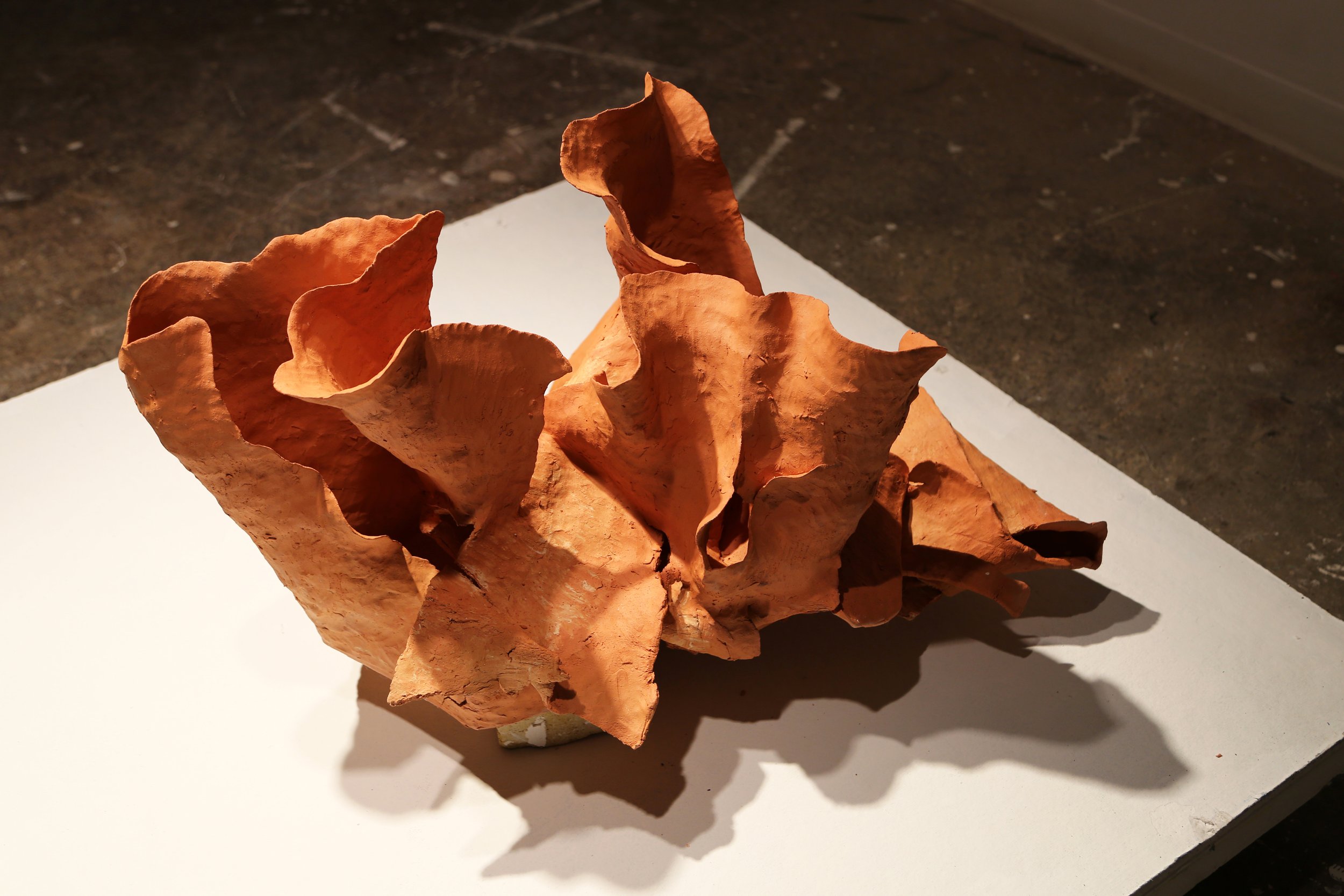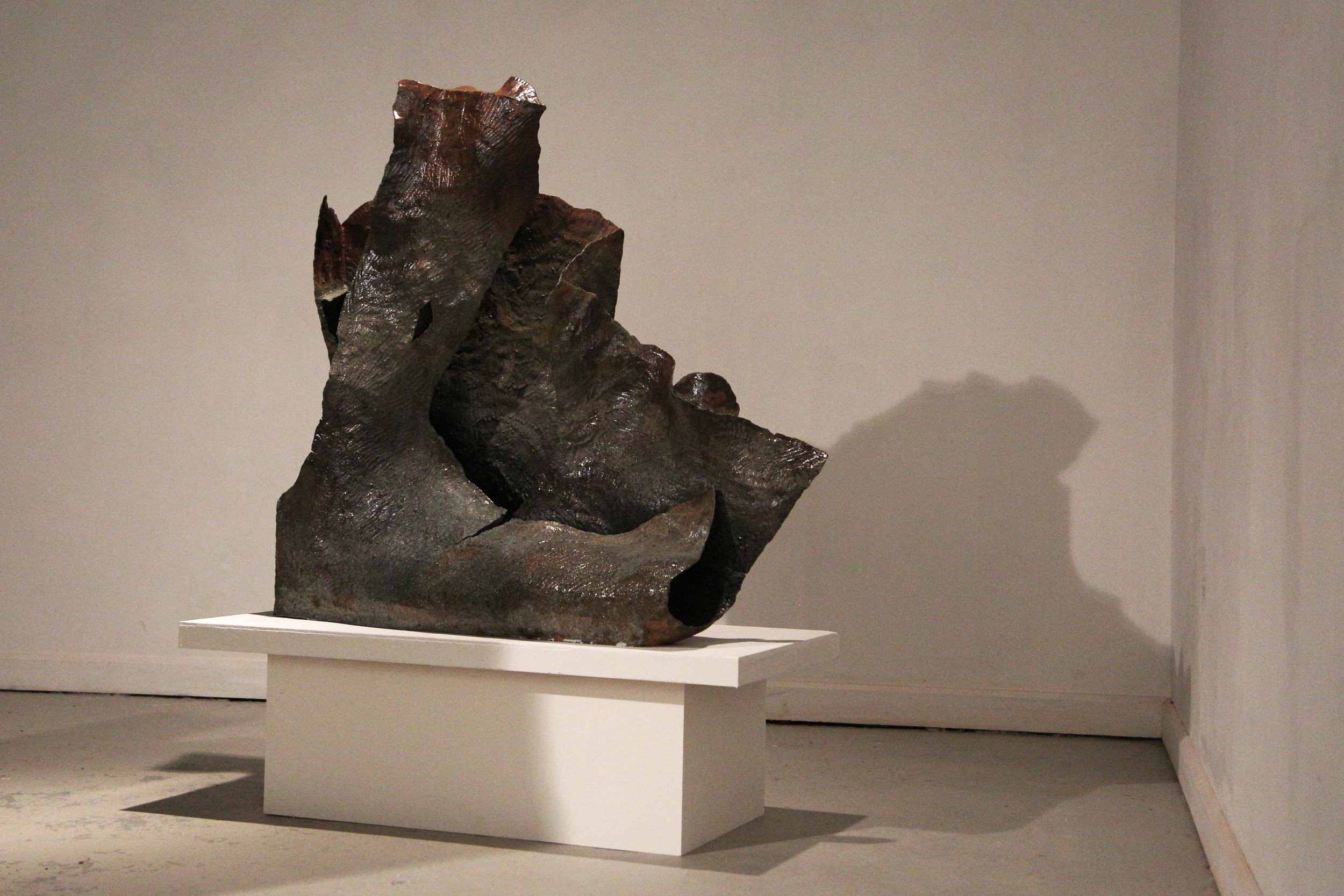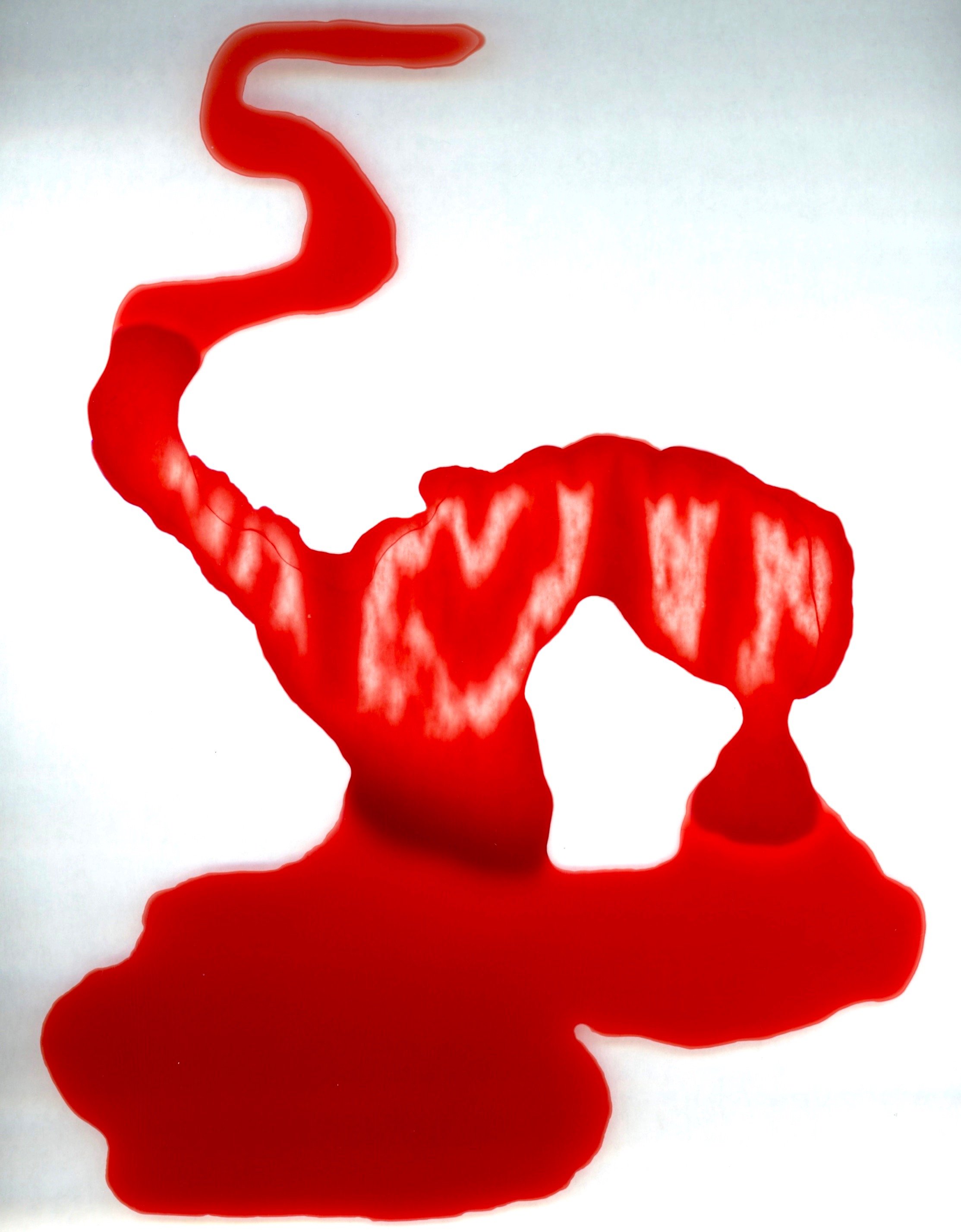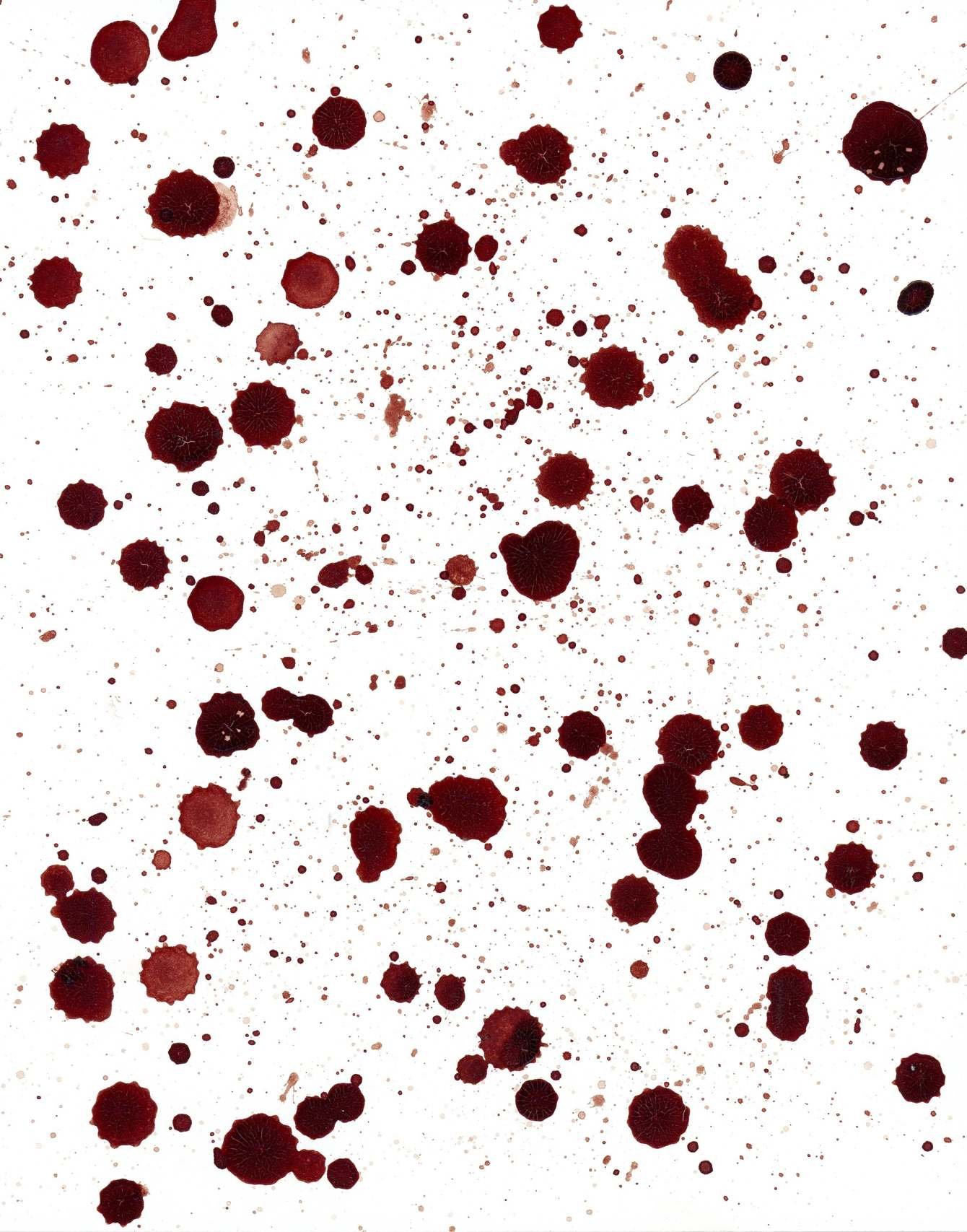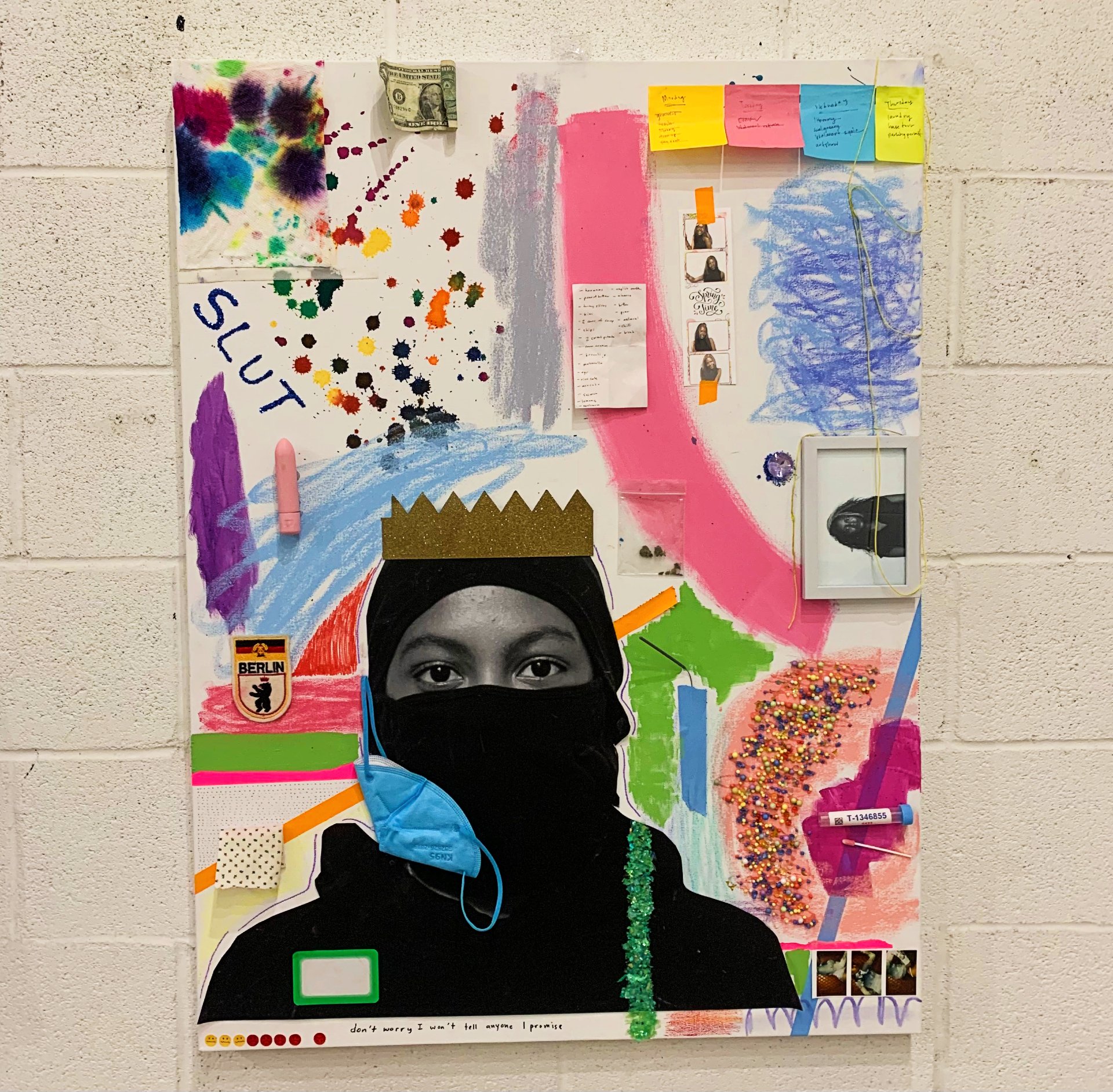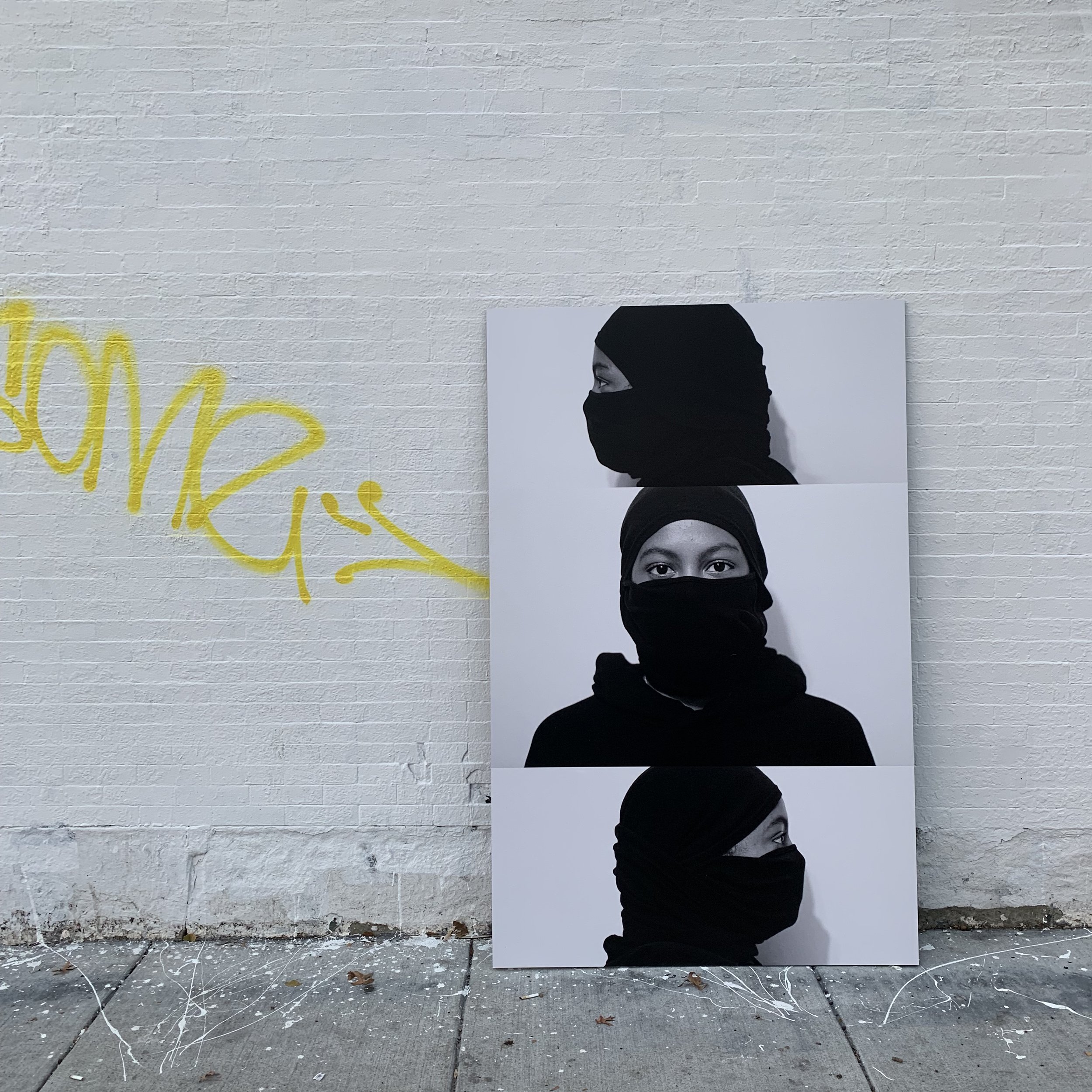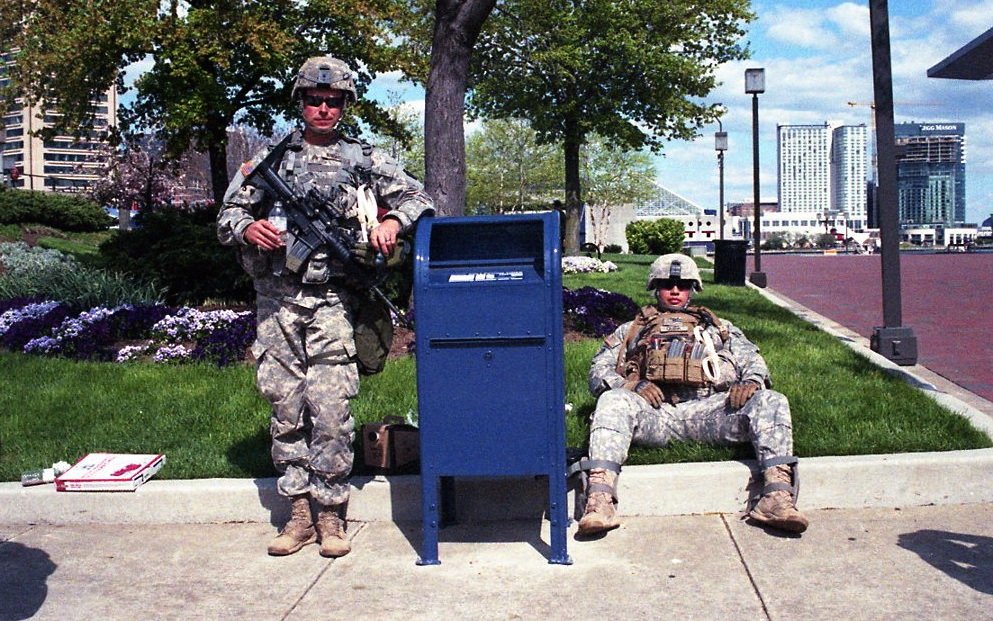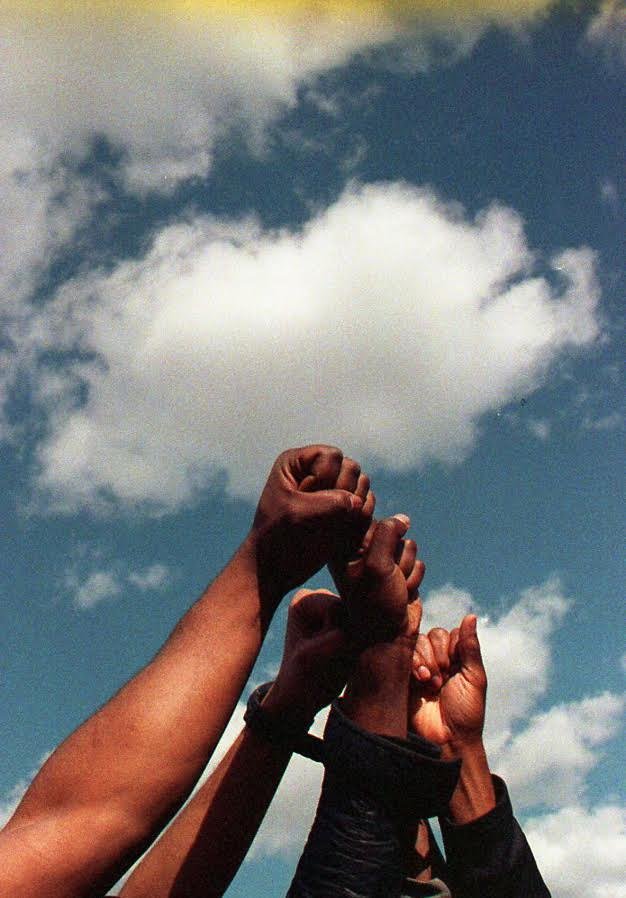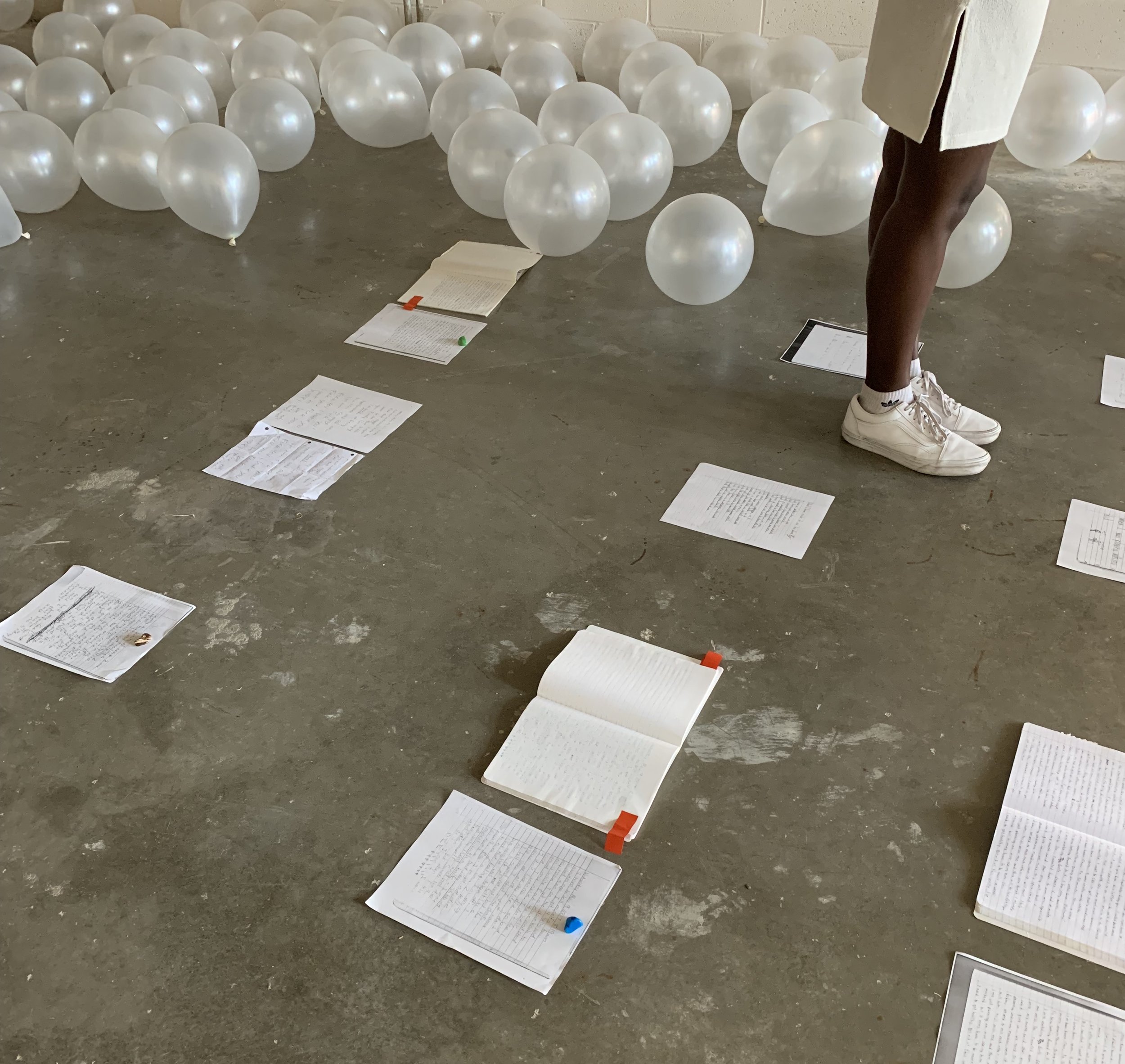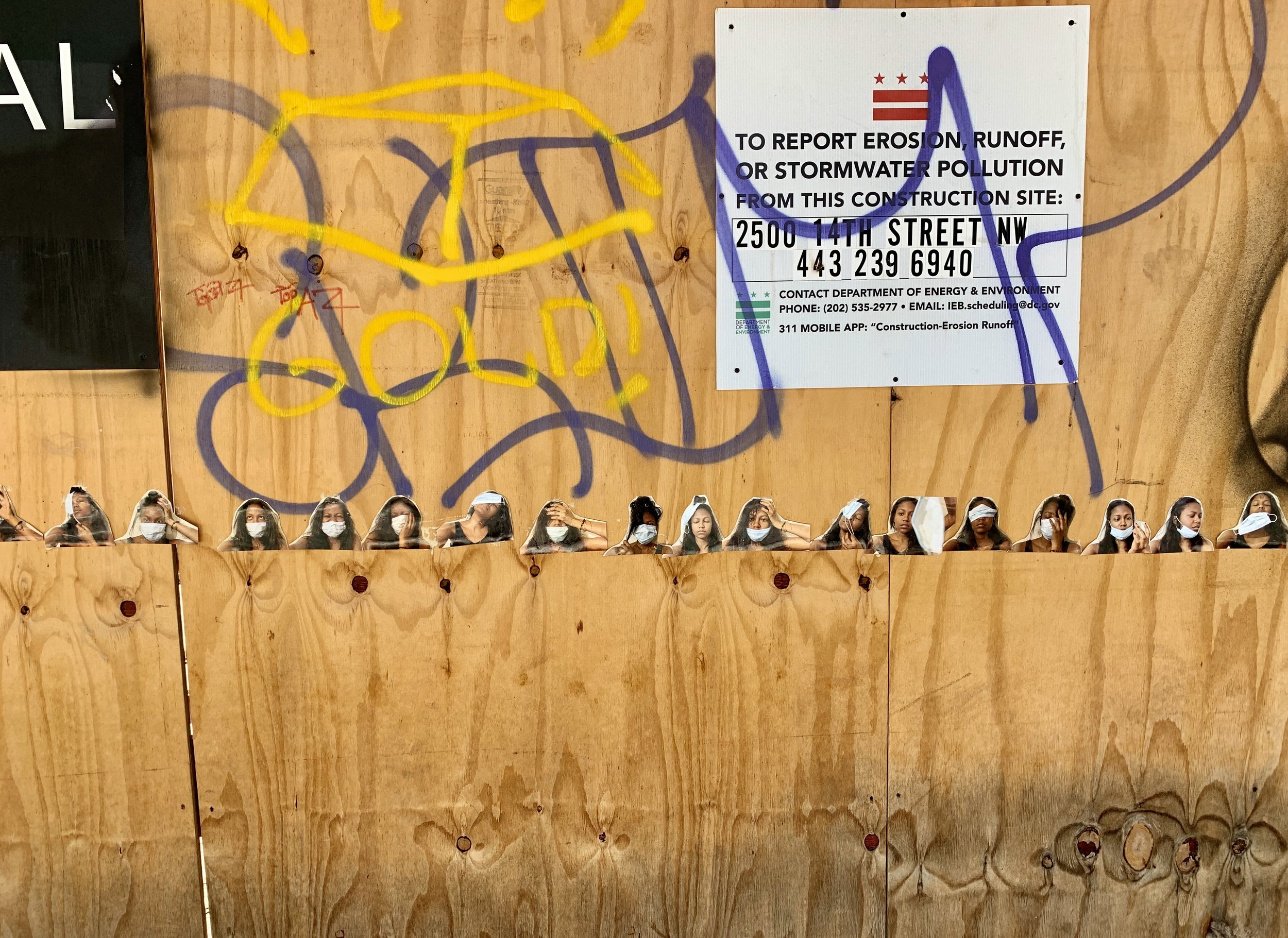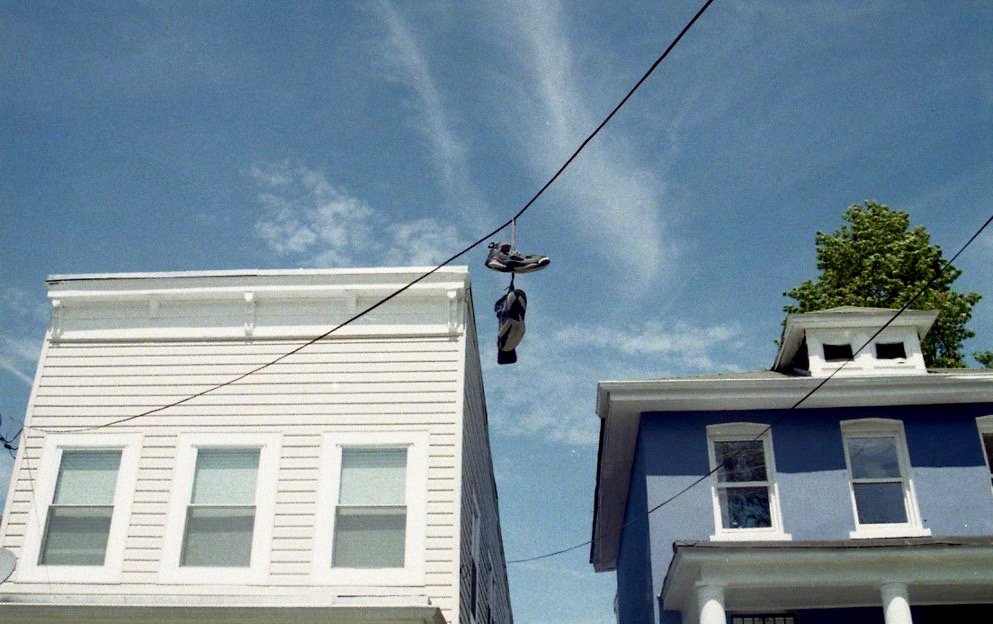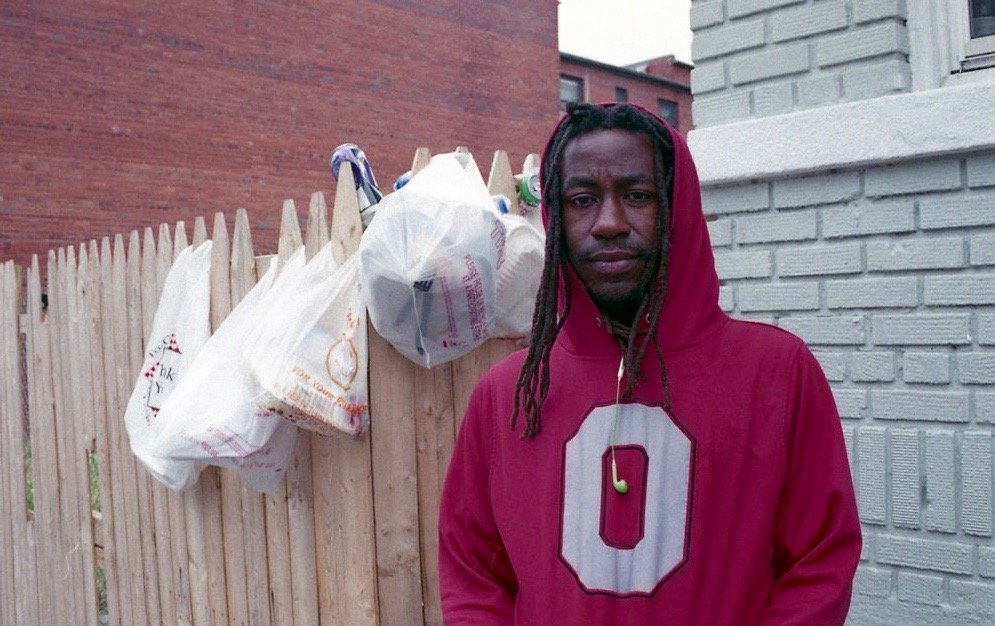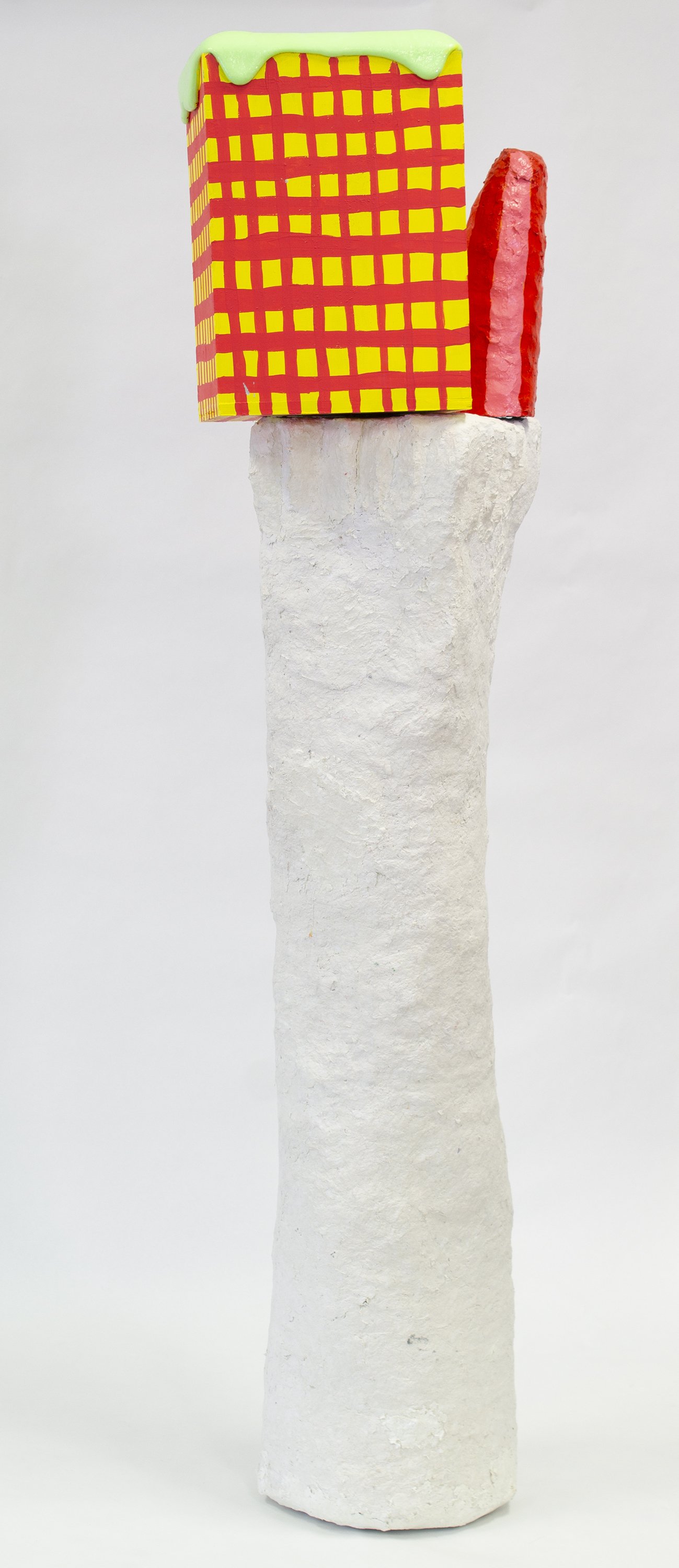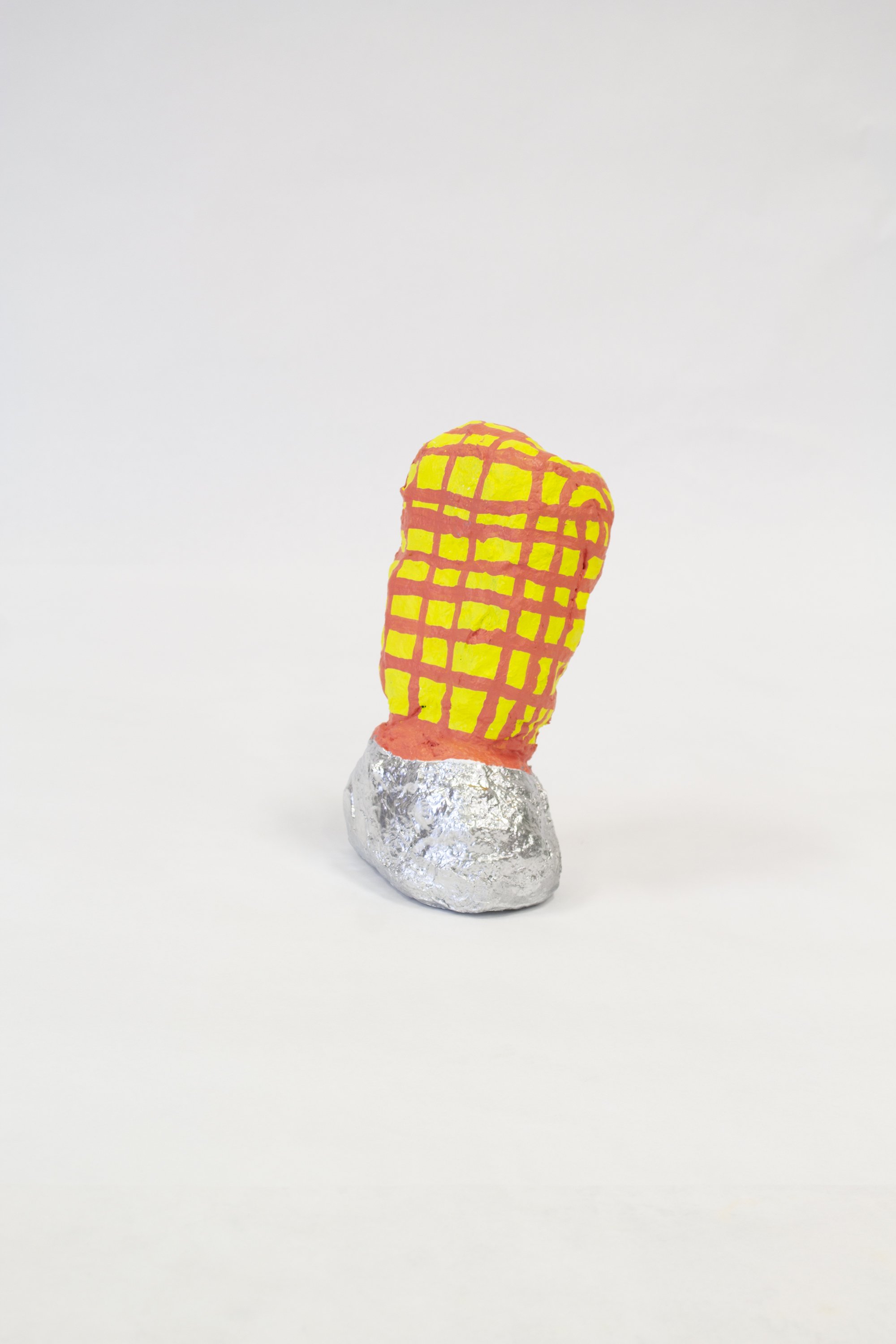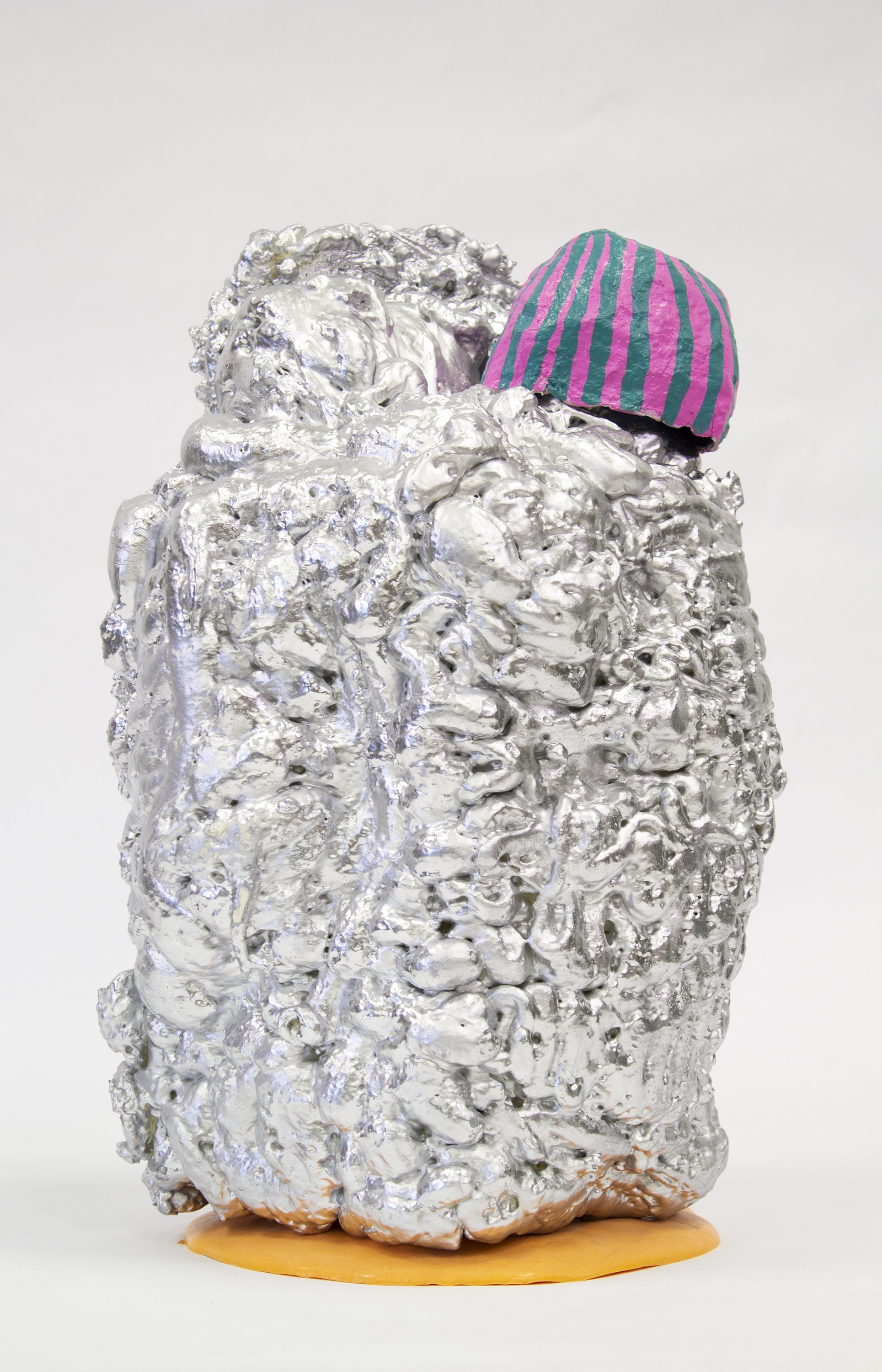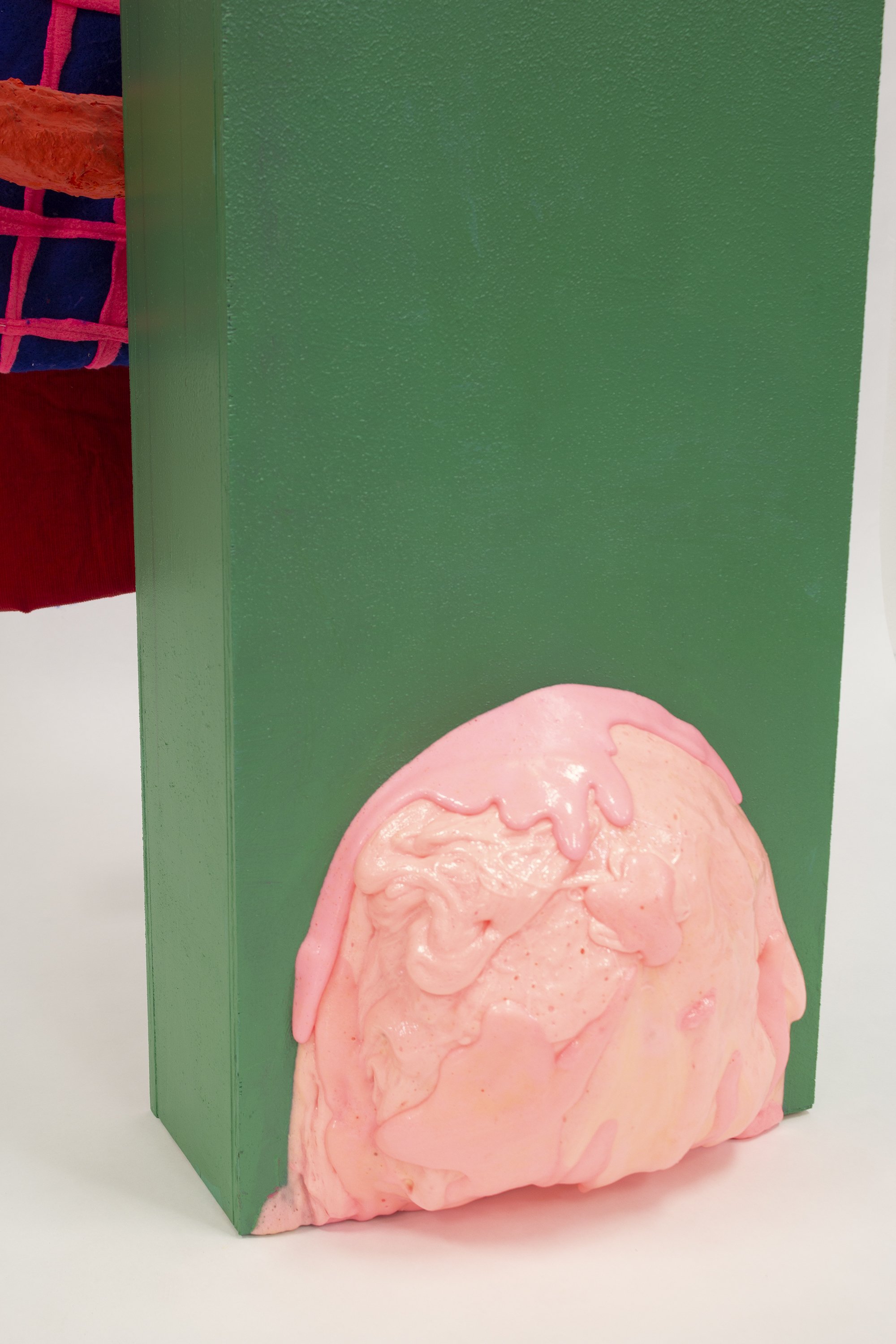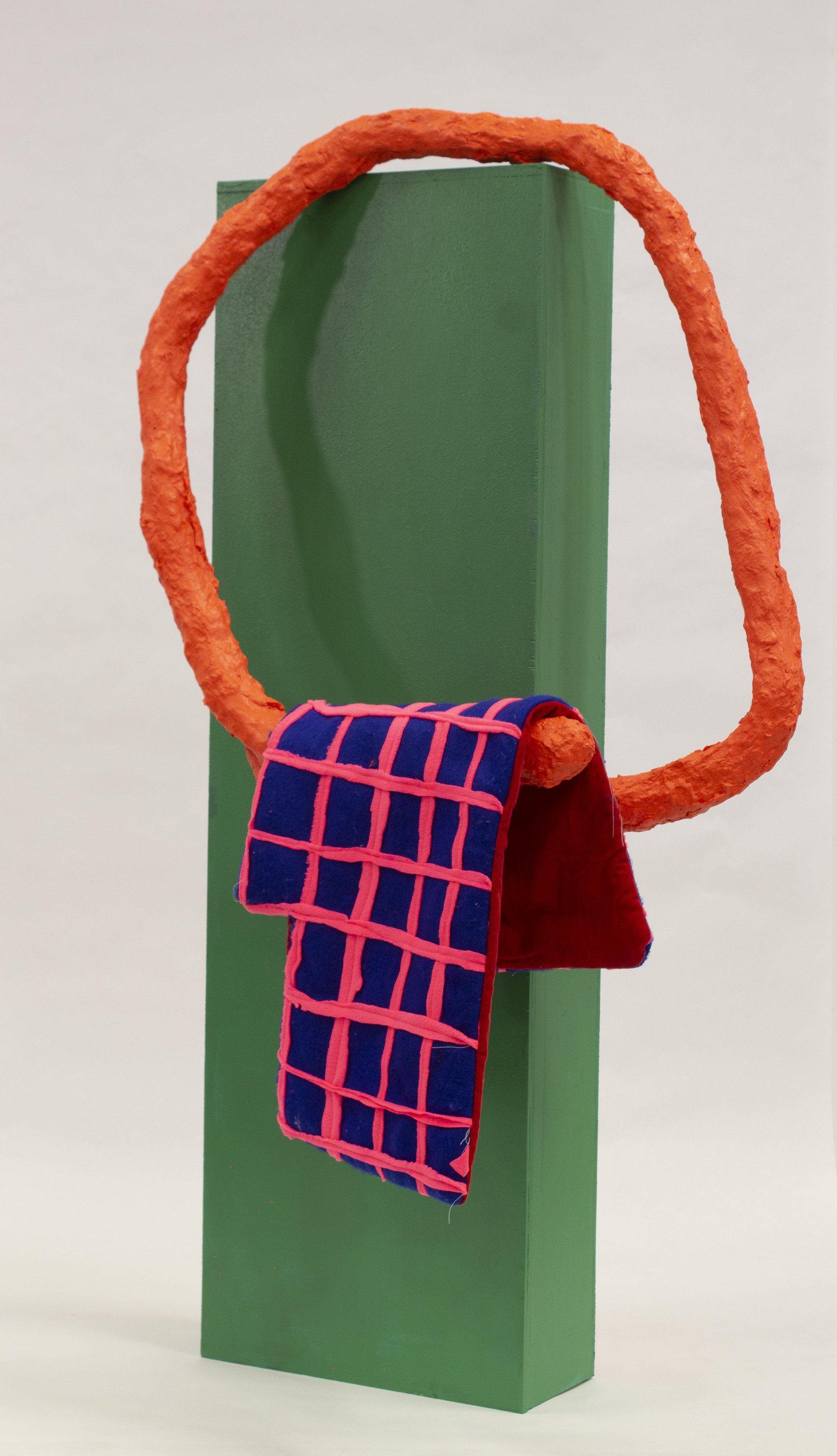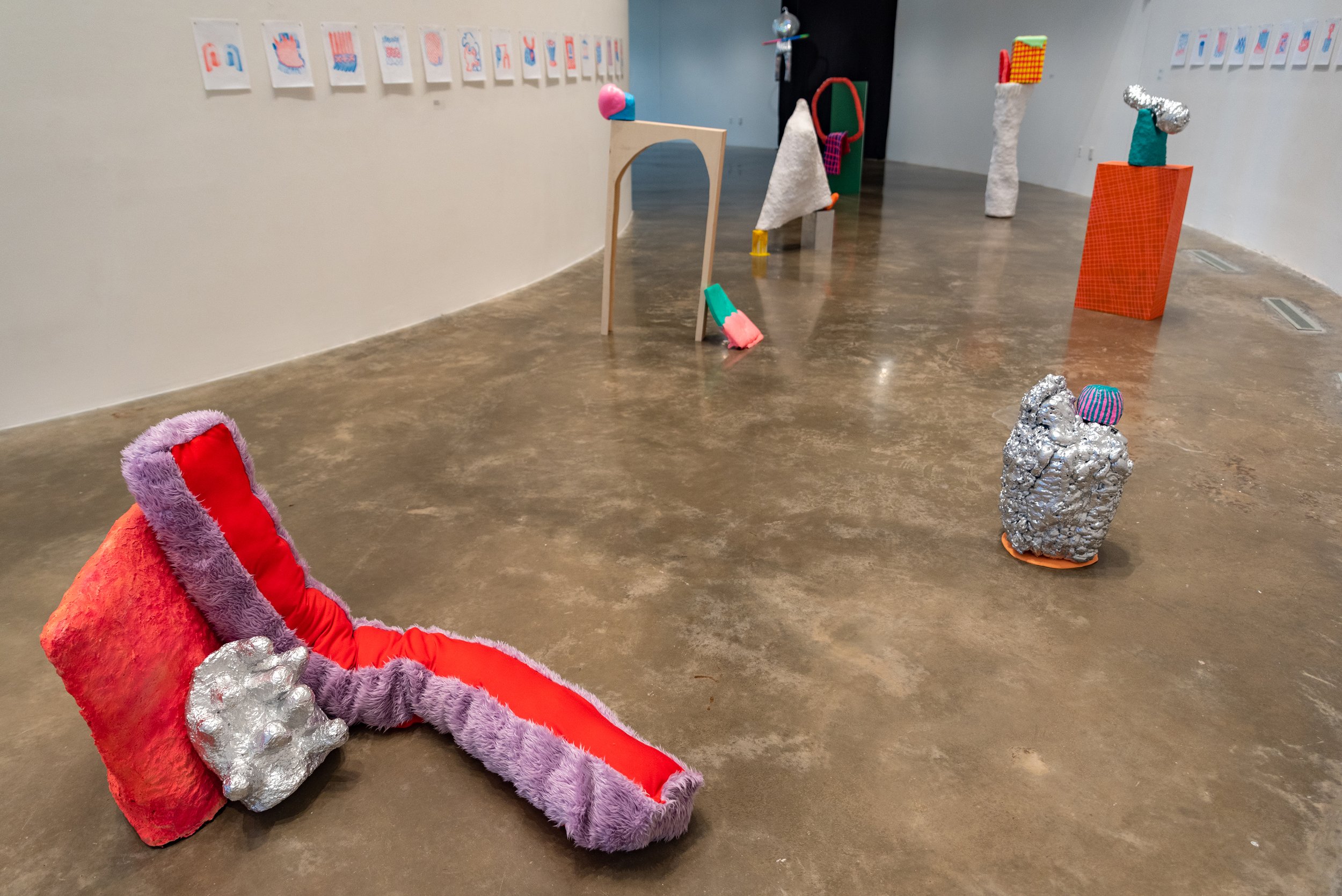Kyrae Dawaun was born on the edge of Queens, NY, transplanted from this affective mecca onto Baltimore, Maryland, then Washington, DC. He received his Bachelor of Fine Arts at the Corcoran College of Art + Design in 2013. His timely return to working in DC came soon after an achieved Master of Fine Art at Virginia Commonwealth University in Richmond.
He has been invited to work, reside, and exhibit in Los Angeles, Italy, Toronto, and Berlin. In 2016, Pyramid Atlantic hosted him as a Denbo Fellow and in 2017 DC Commission on Arts and Humanities awarded him an Arts and Humanities Fellowship. He has recently exhibited at Virginia Museum of Contemporary Art in Hampton Roads and Sculpture Center in Long Island City.
Artist statement
The human dependence on inorganic matter and nonhuman existence is the very fault I excavate from for my inspiration; geological transactions as it implicates human relationships. As a painting based artist I began with the investigation into the origins and chemistries in applied color—thus far including the consideration of chemistries defining our extended built environment too. What is revealed about the processing of such can connect these geological interests to human histories, behaviors, and realities.
In complaisant gesture, the sculptural work are vignettes dressing abstract figurines of casted earthen matter. Appraising finiteness, hazard and expense they are modest in size; they stand for careful indulgence. This rehearsal of an unconditional hospitality still lies in the waking Patriarchy, globally domineering and exclusive.
My studio agenda is organized as a web of entendres. I collect language, as it describes society, and allow it to reappear, reify, fold over and contradict itself. In parallel my descent into alchemical meditation and practice I am minding quotidian experiences I witness personally, locally, abroad, and broadly. Enter realist painting not devoid of abstraction.
The painted imagery I offer to an audience is edited to represent, challenge and defend a perspective more generous than my black livelihood. I am directly entangling the absent care and perverted use of this earth demonstrated by the United States hegemony to the inherent mistreatment, dismissal and neglect it has delivered to the black, and brown persons constitutional to this country today. In accordance there are many scenes to be painted in reflection of this reality, the art and media we produce in testimony, past and present.


